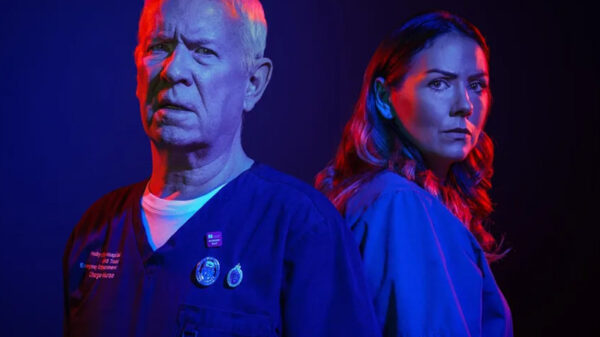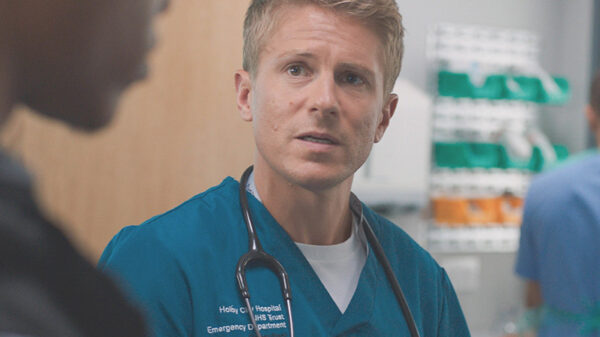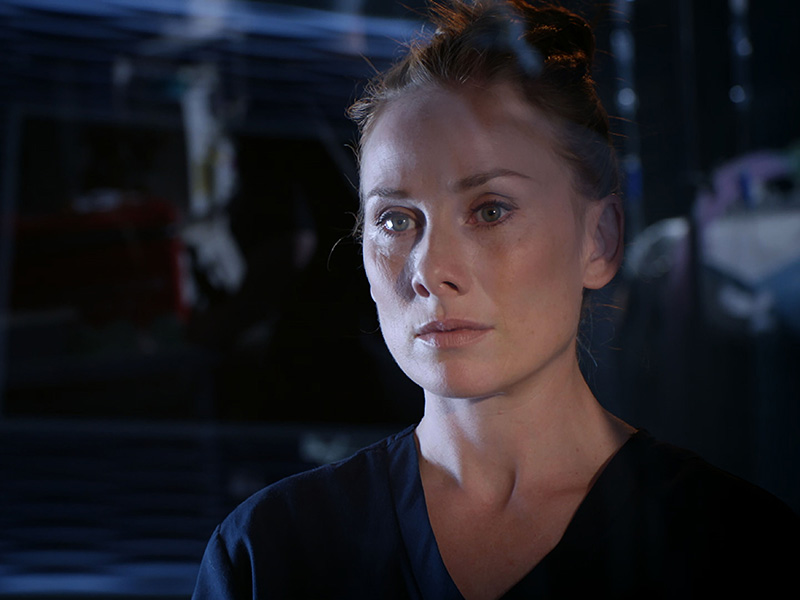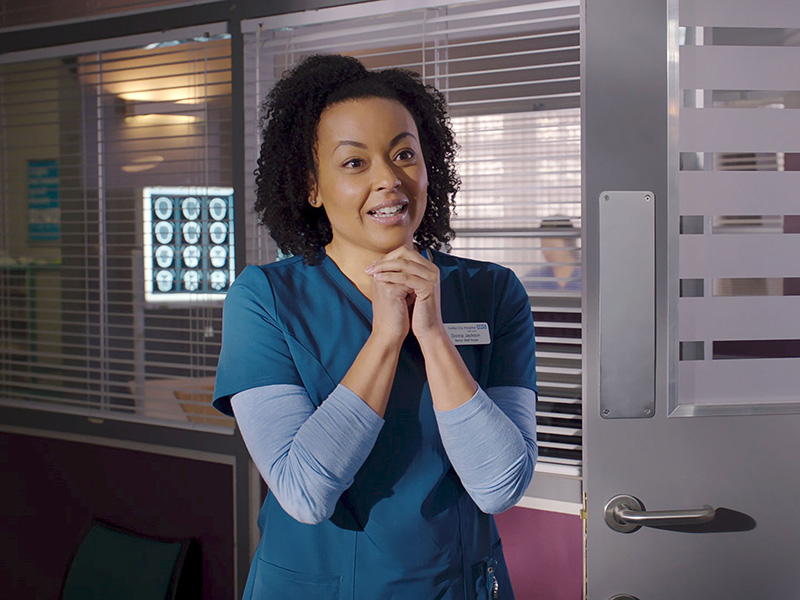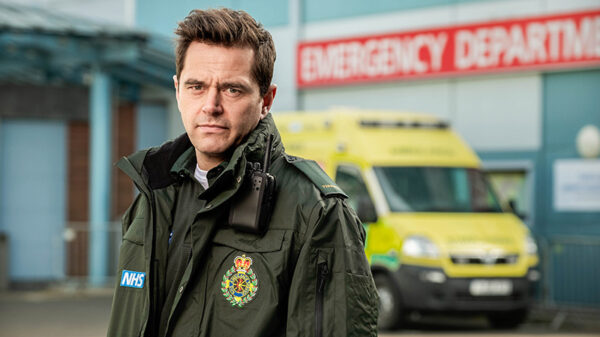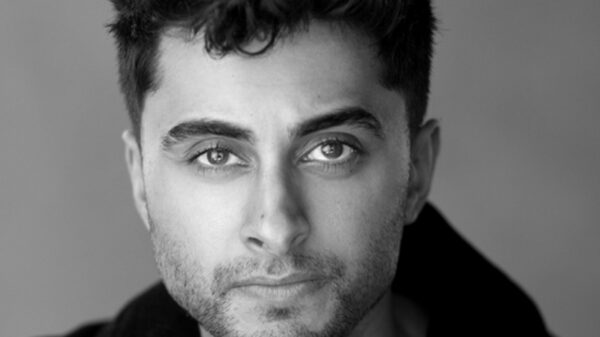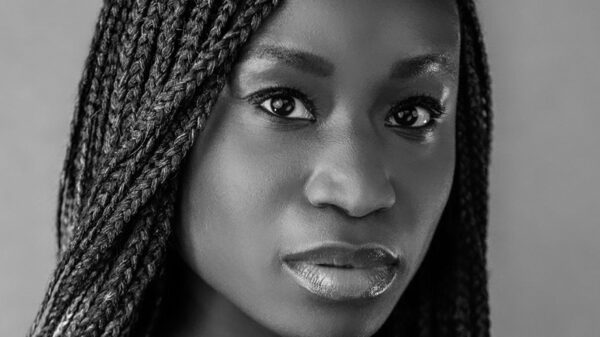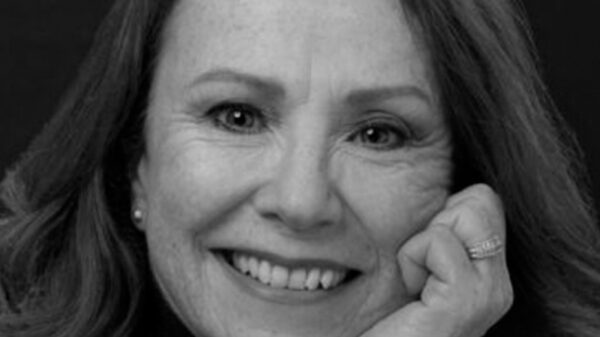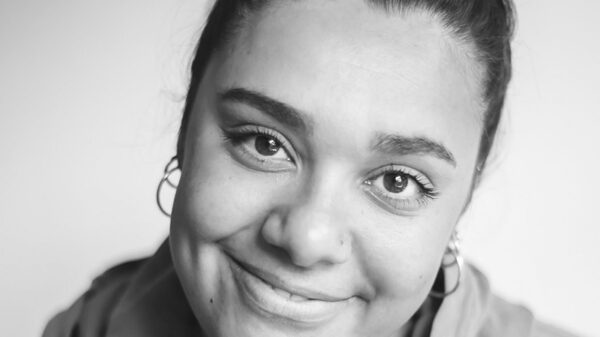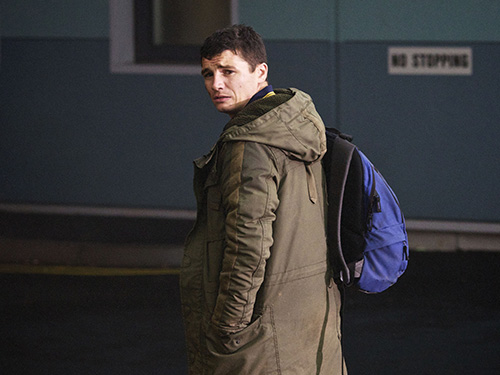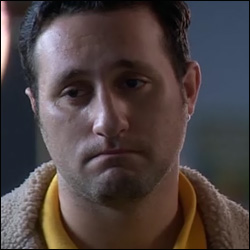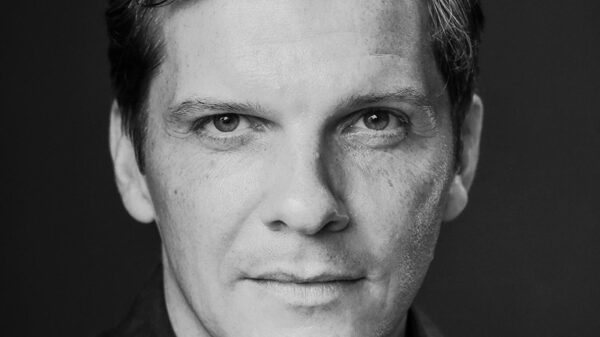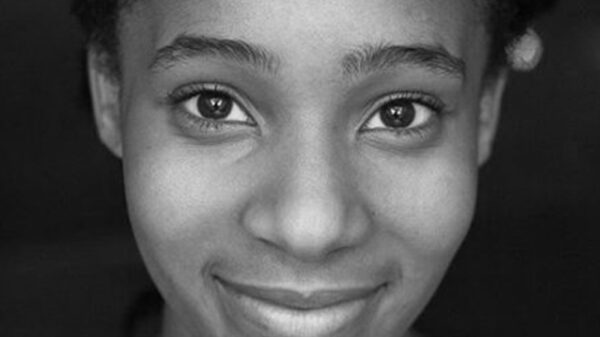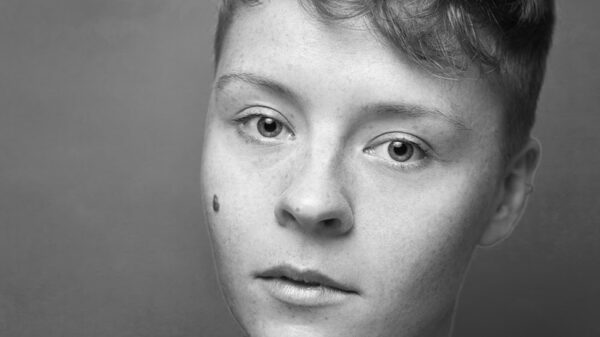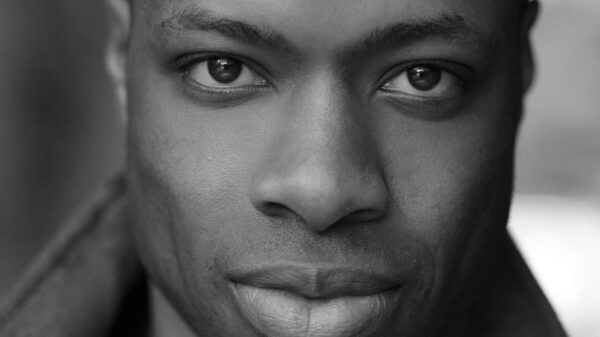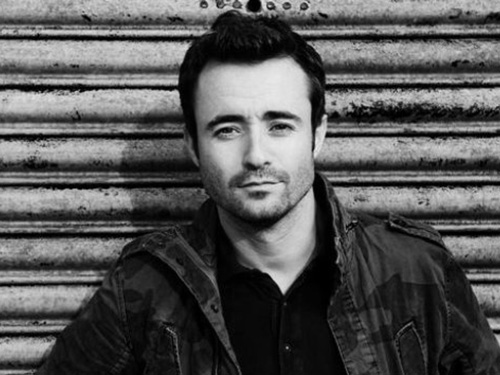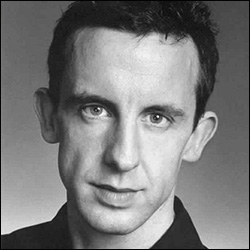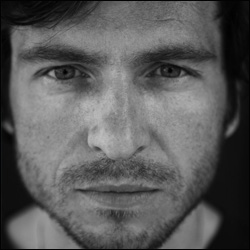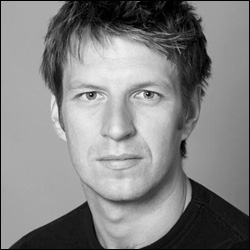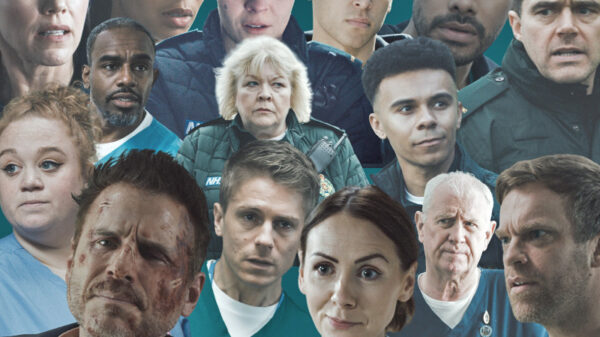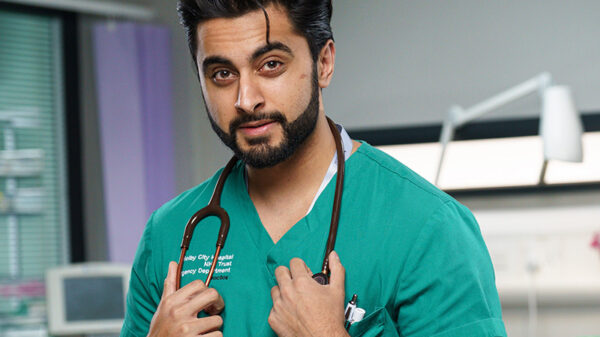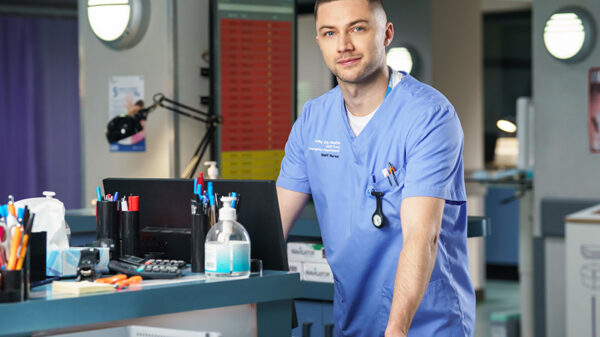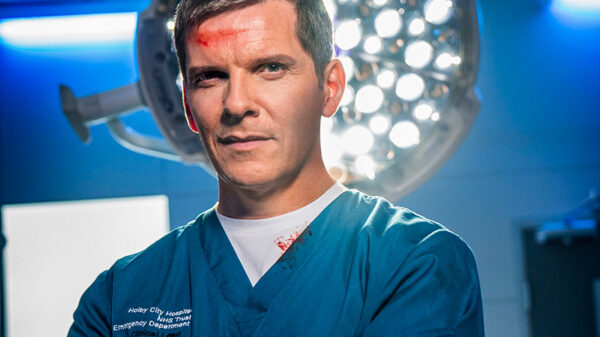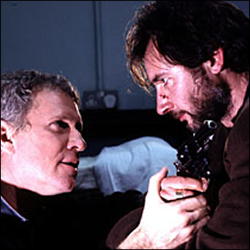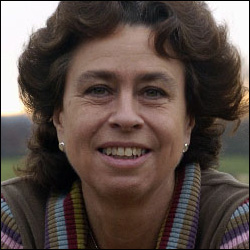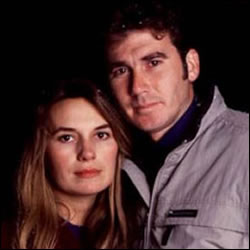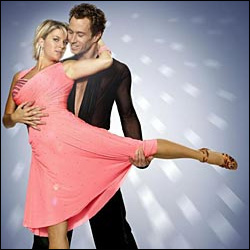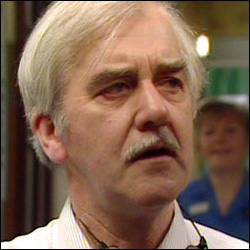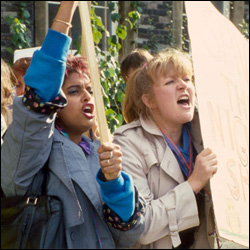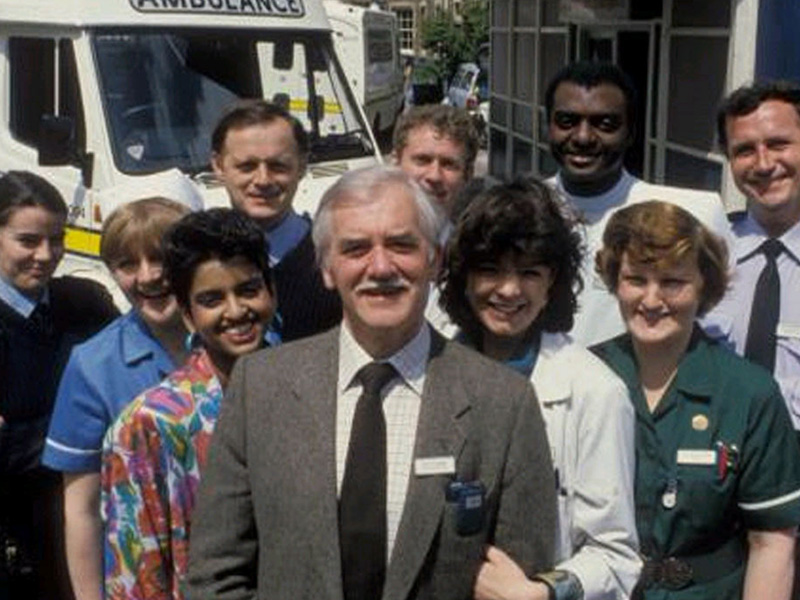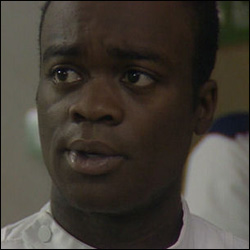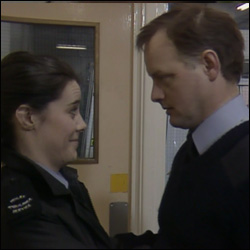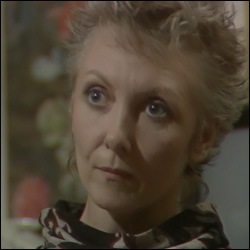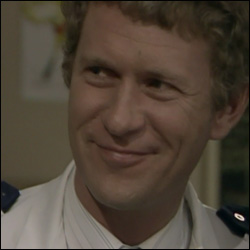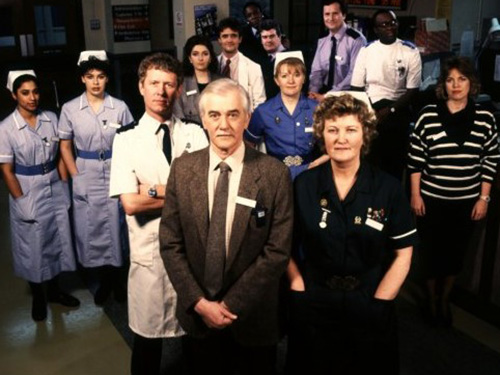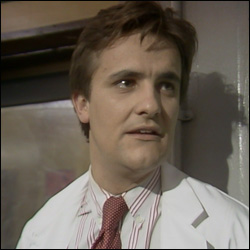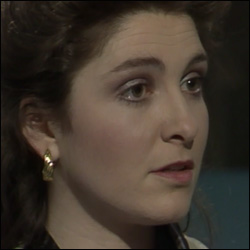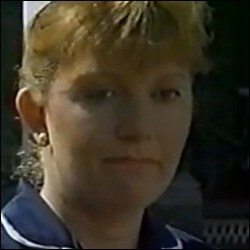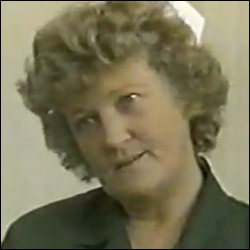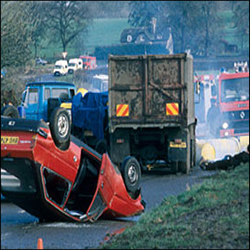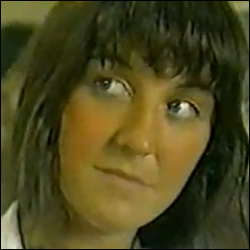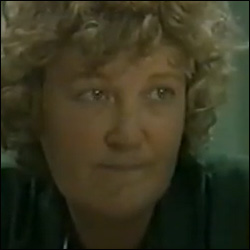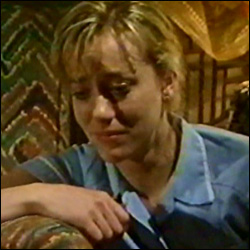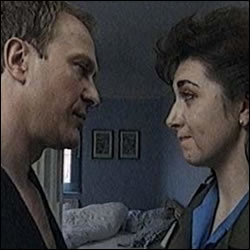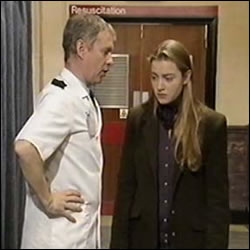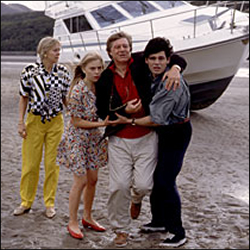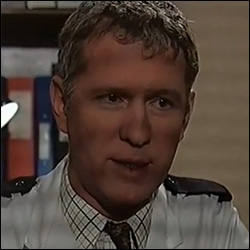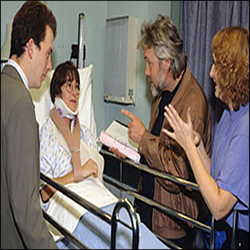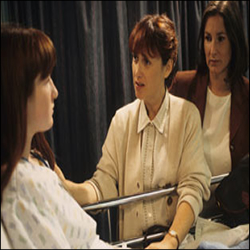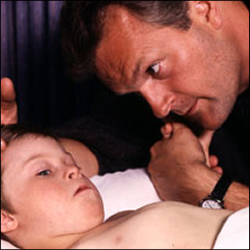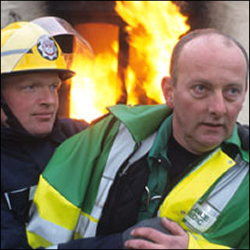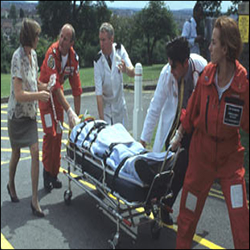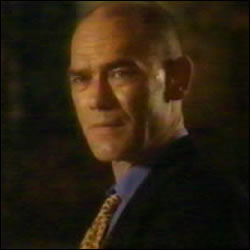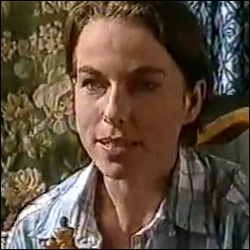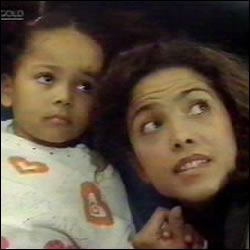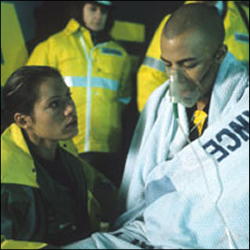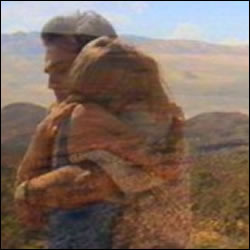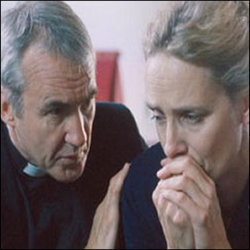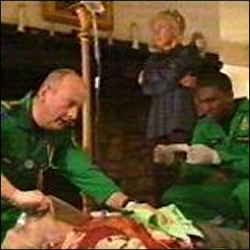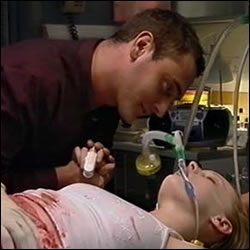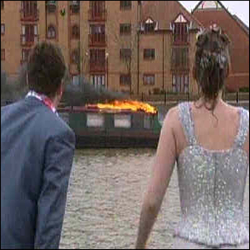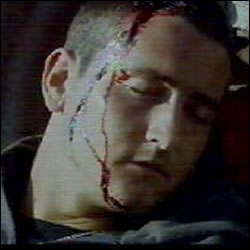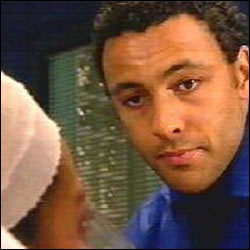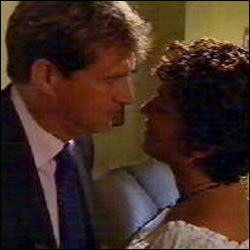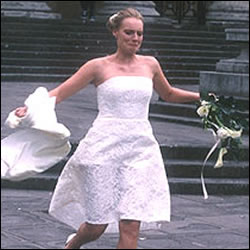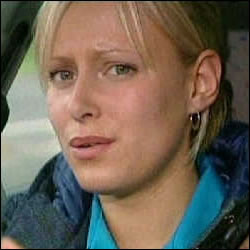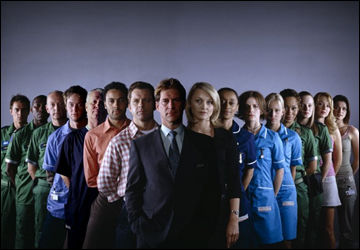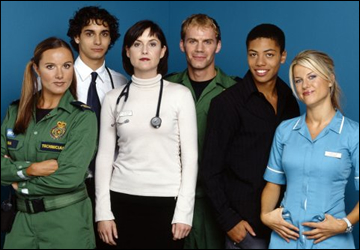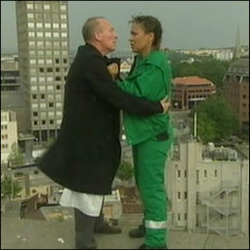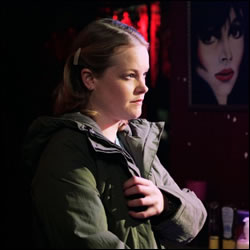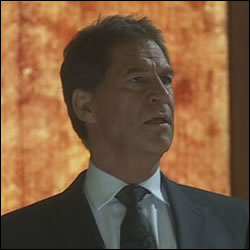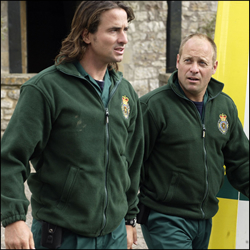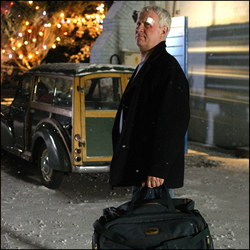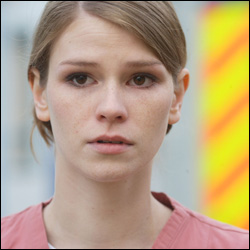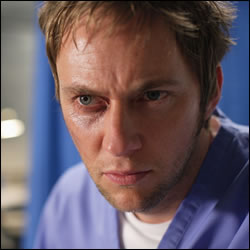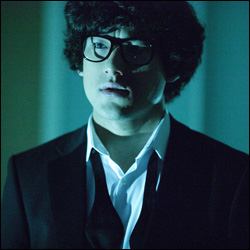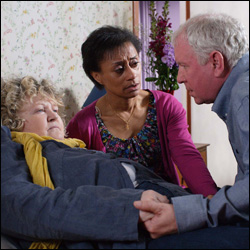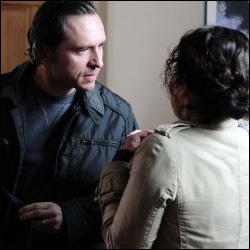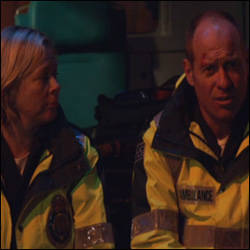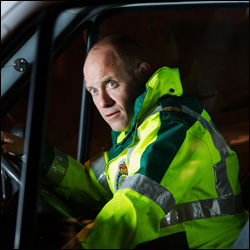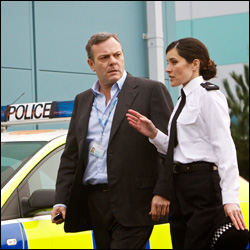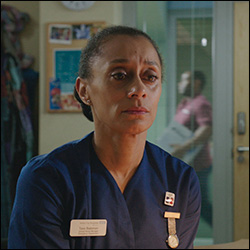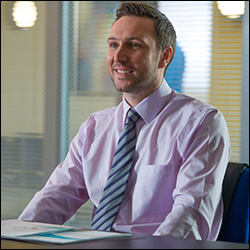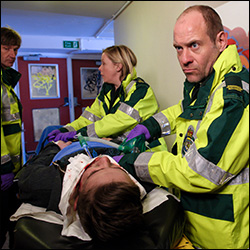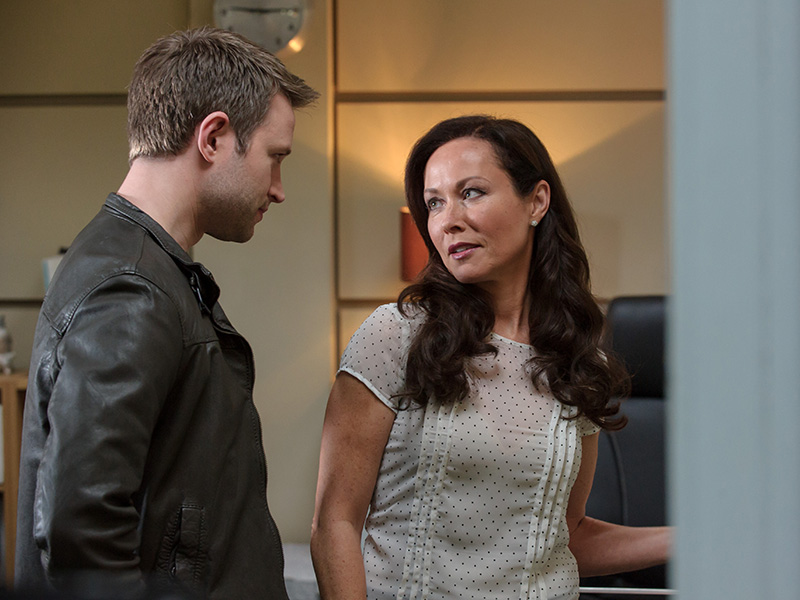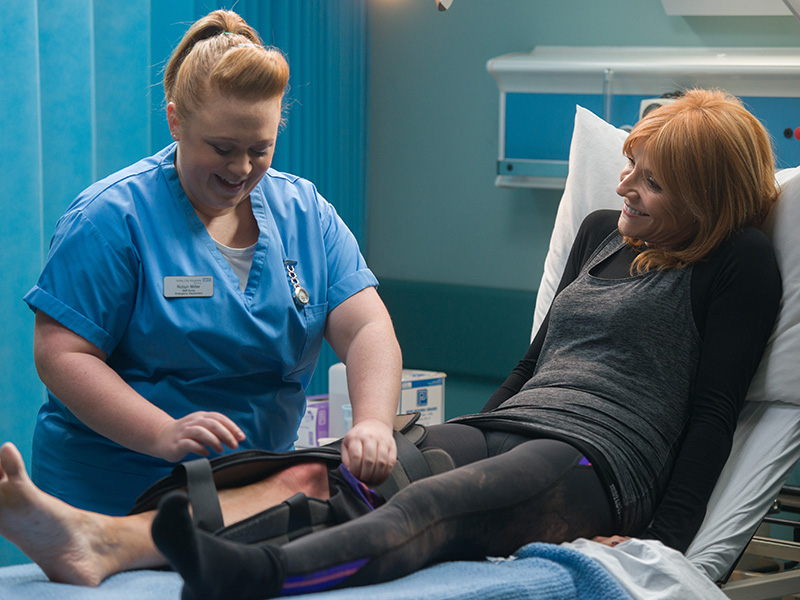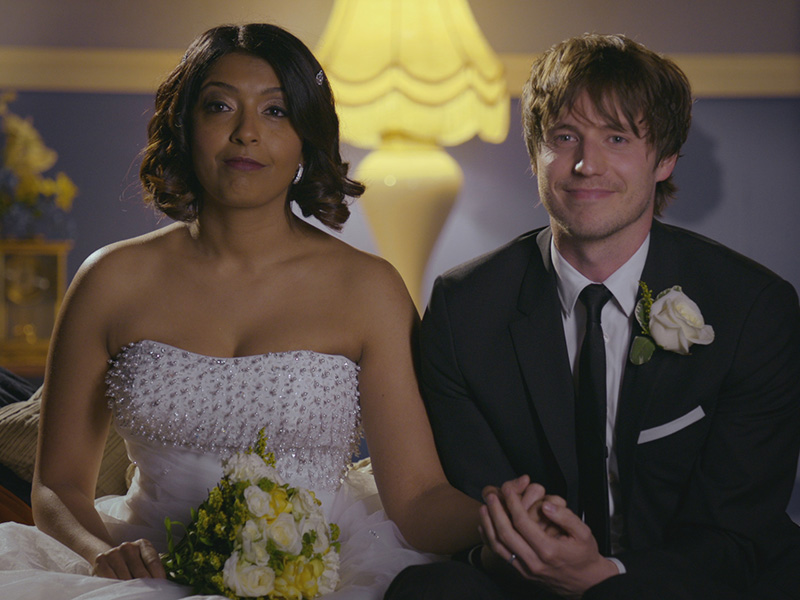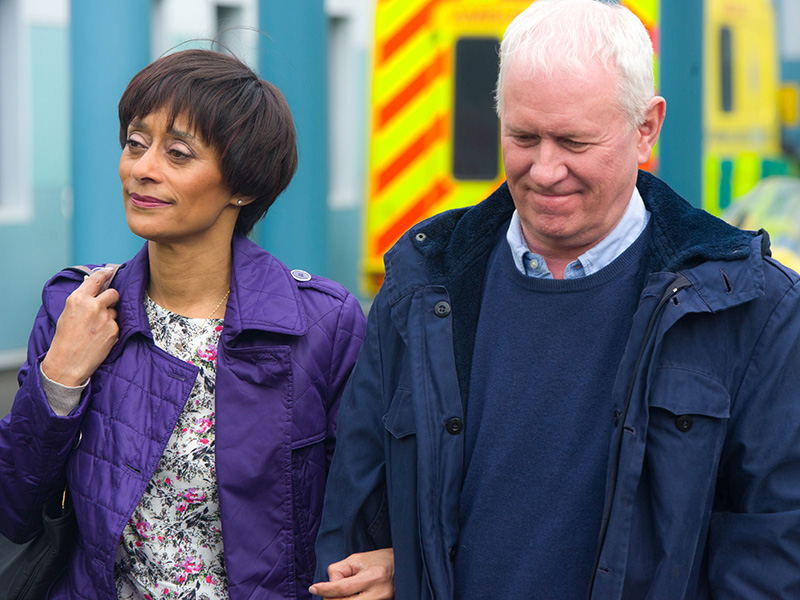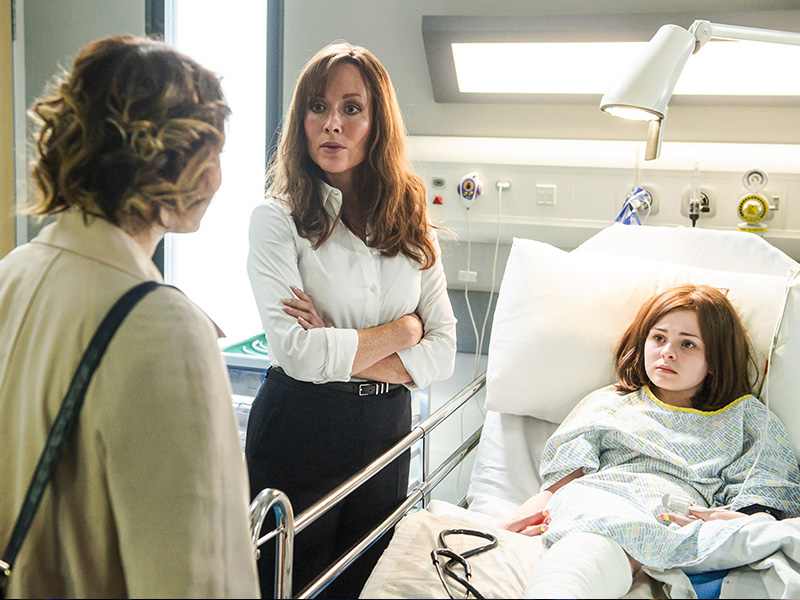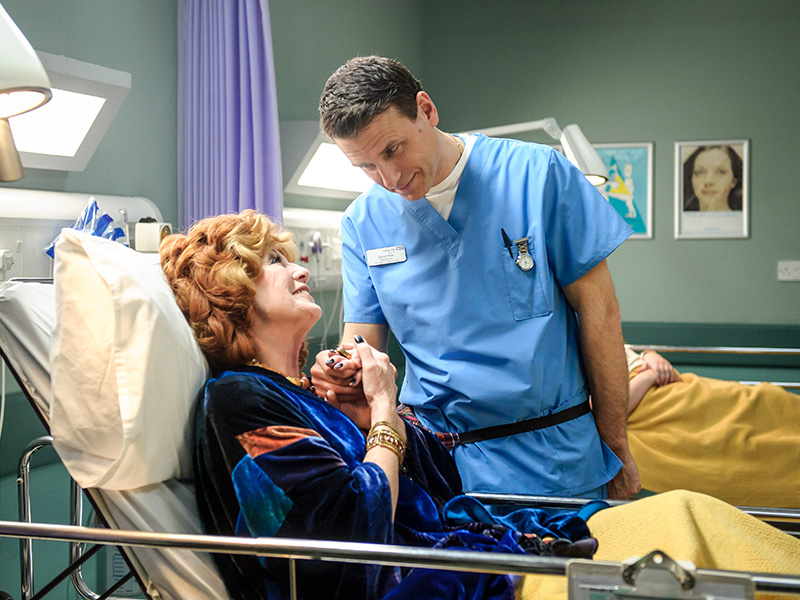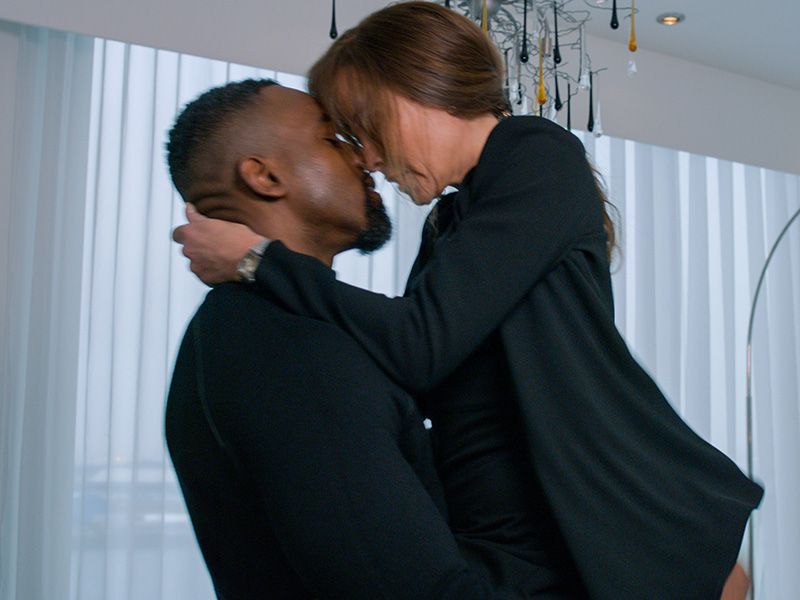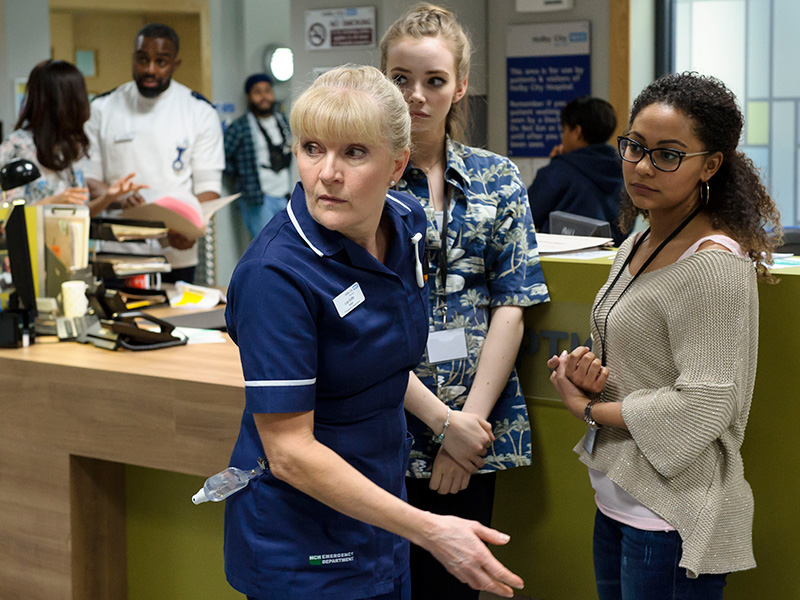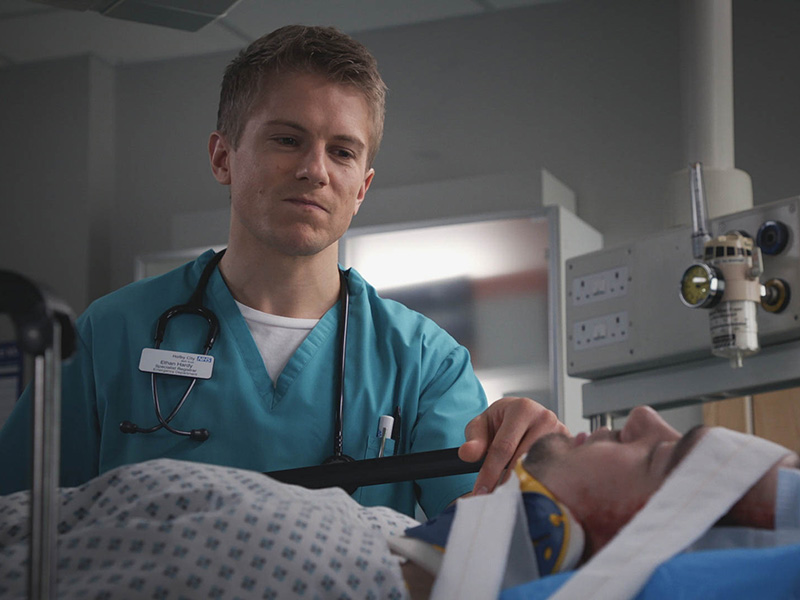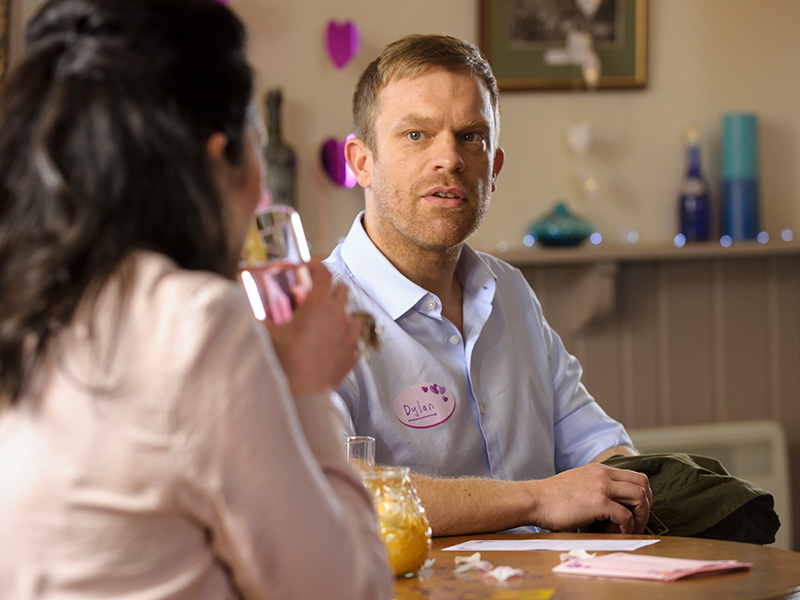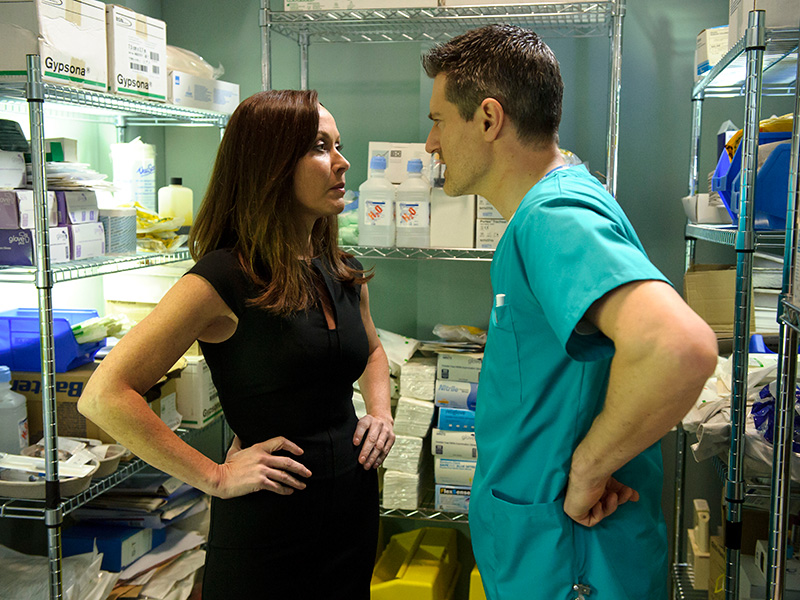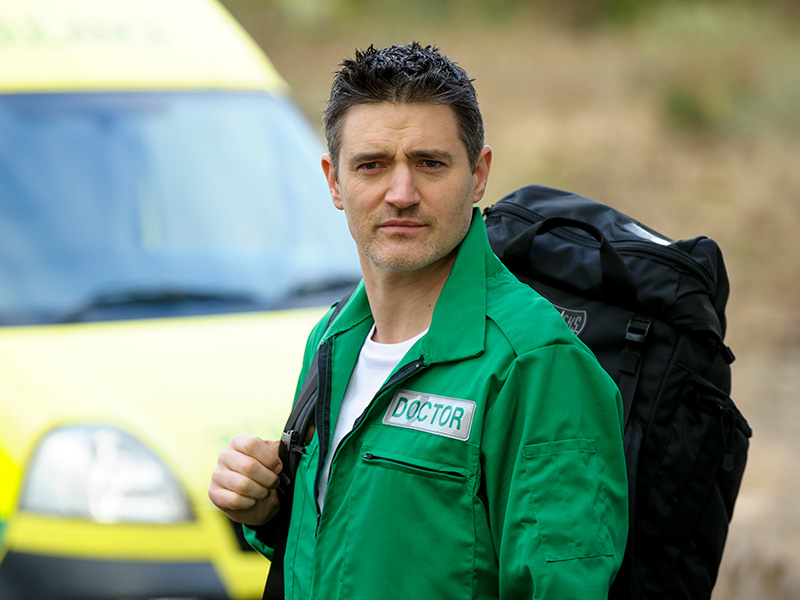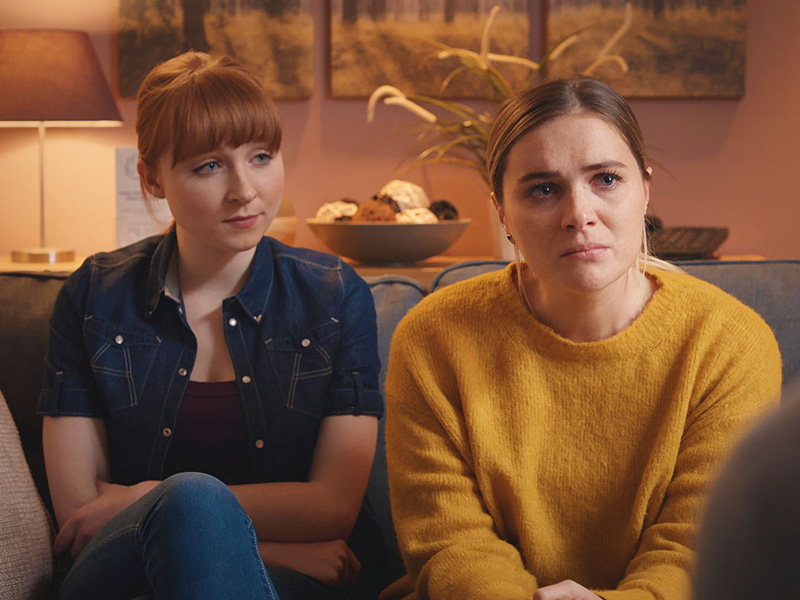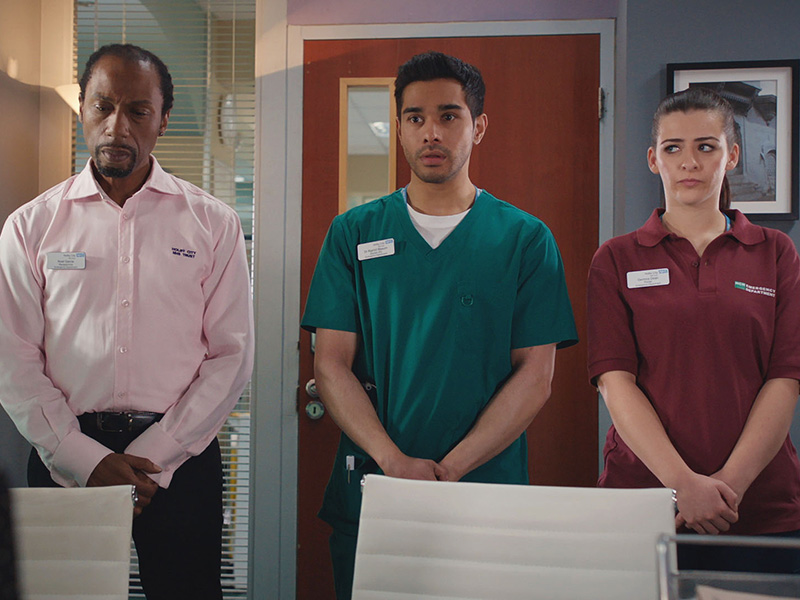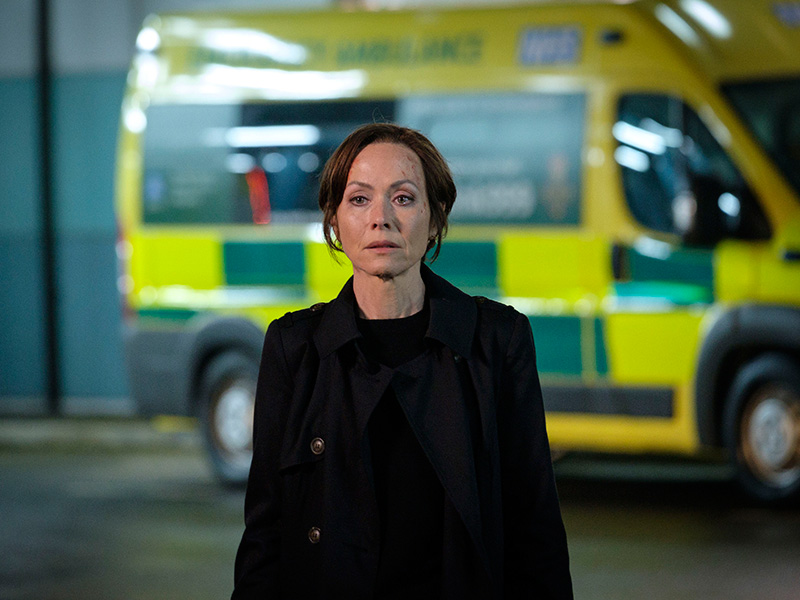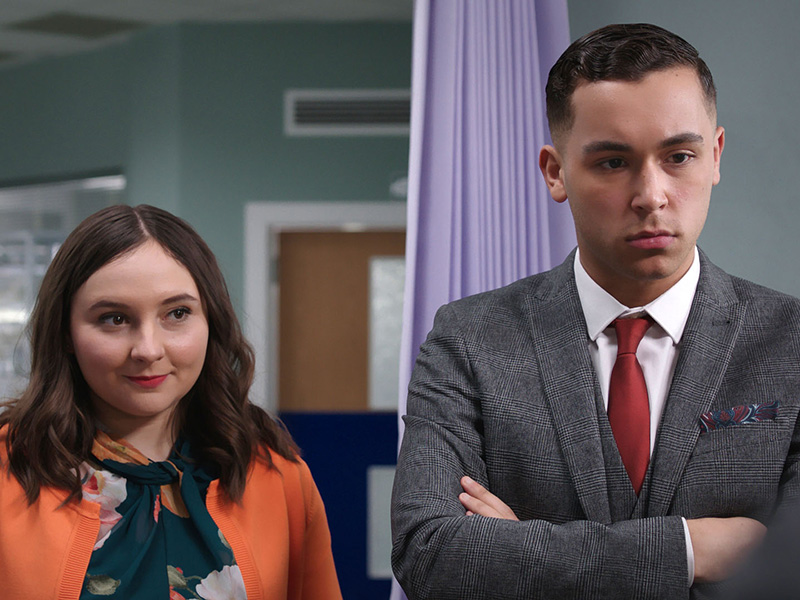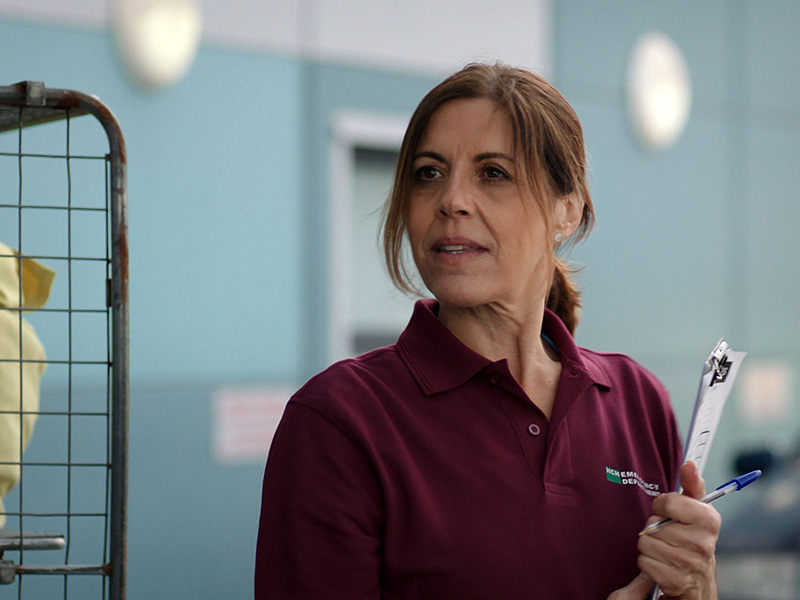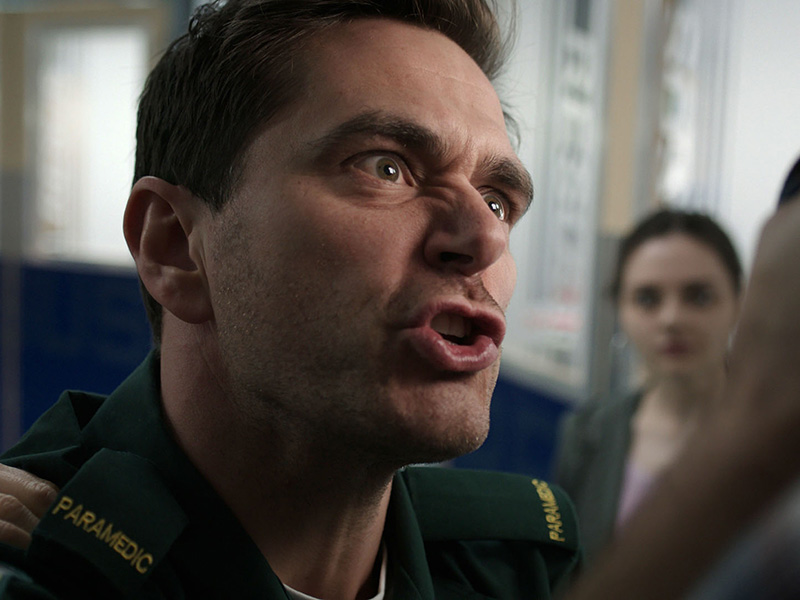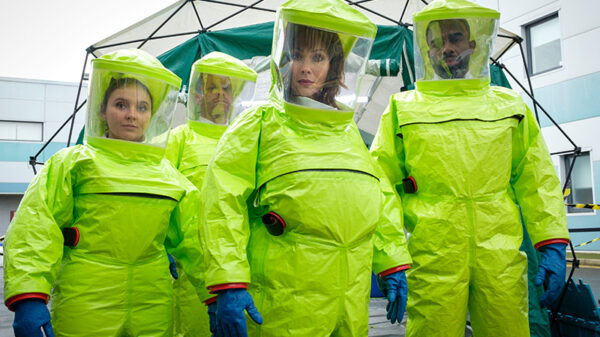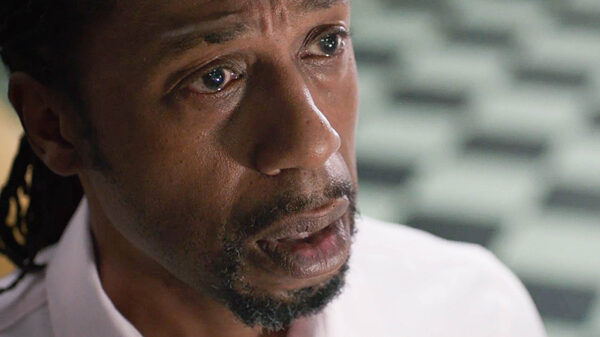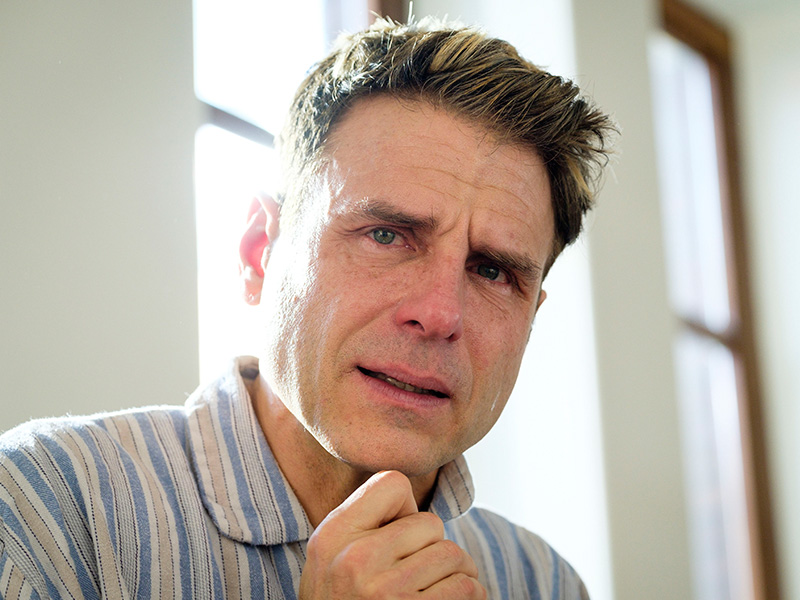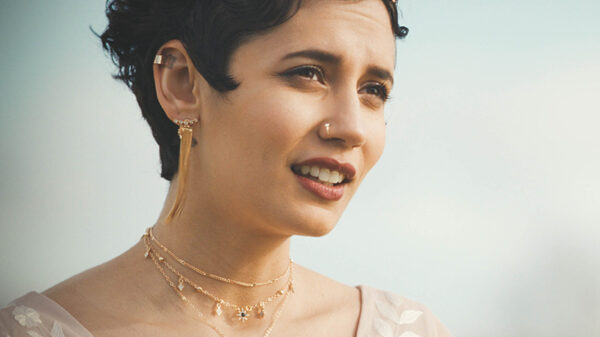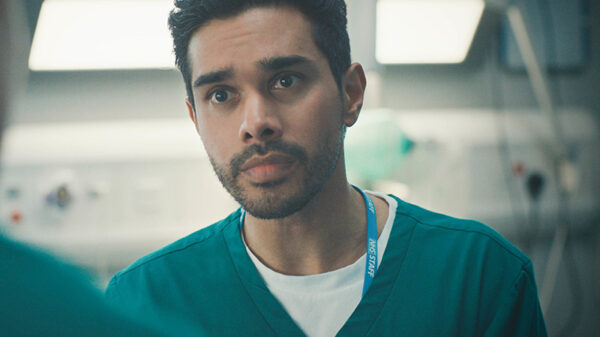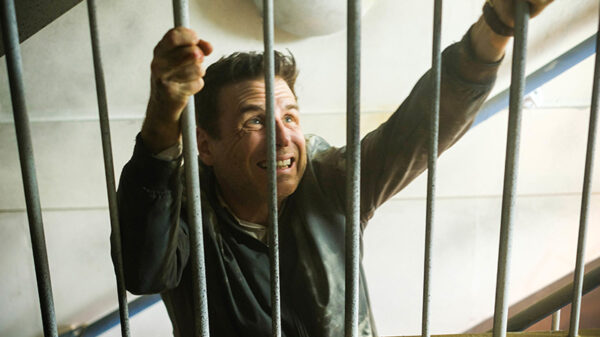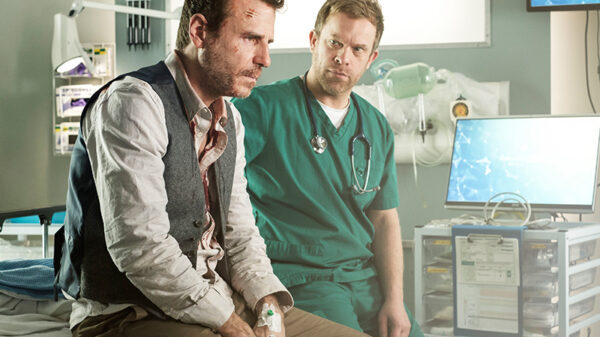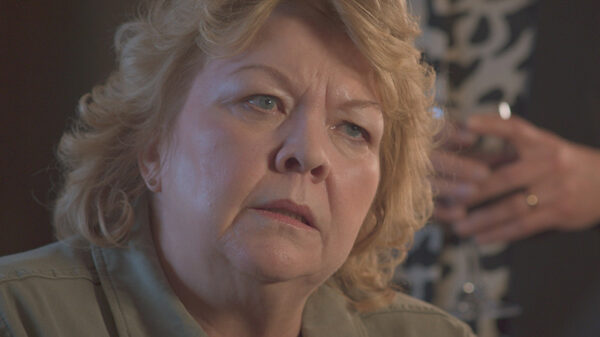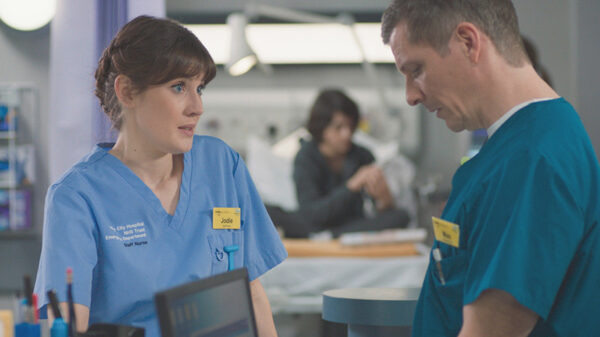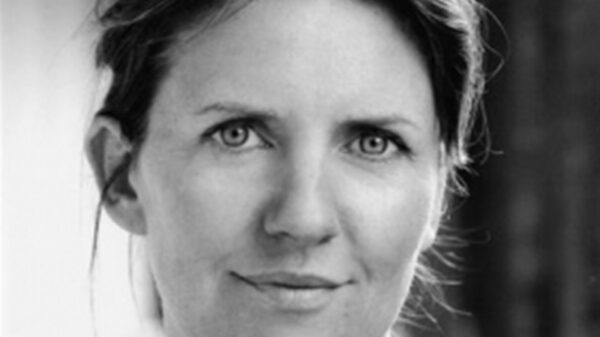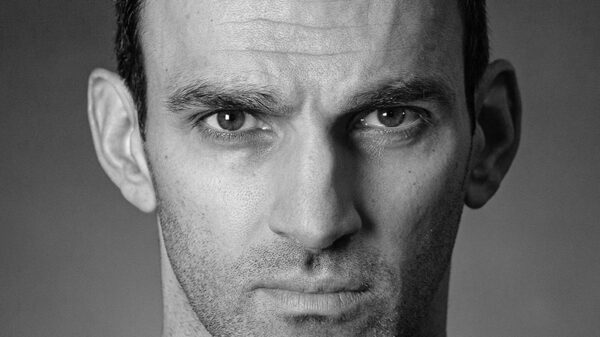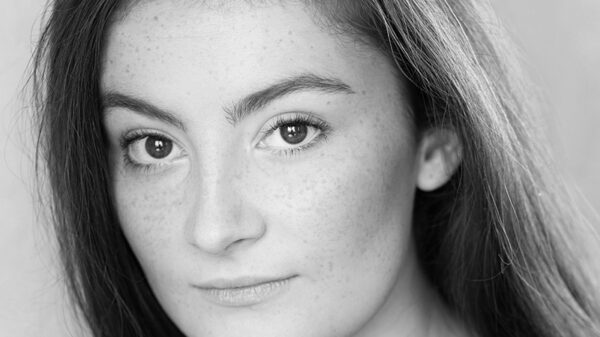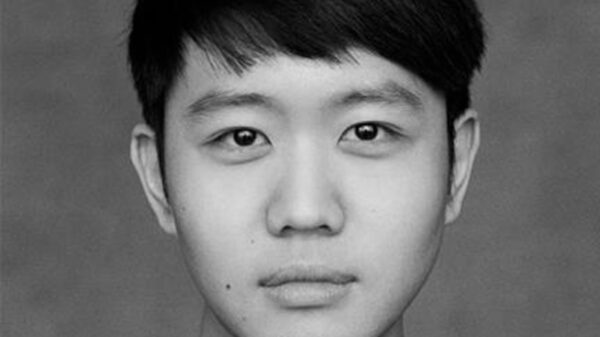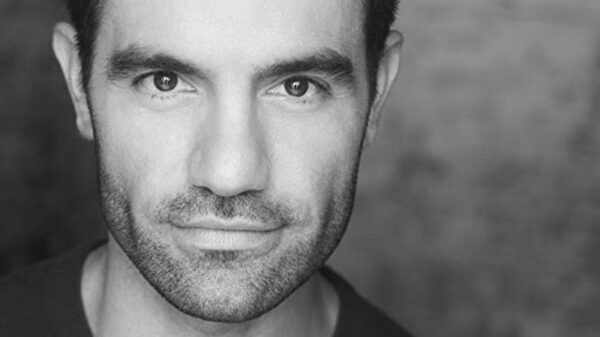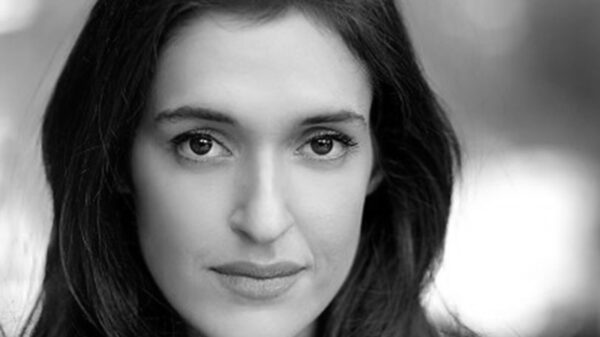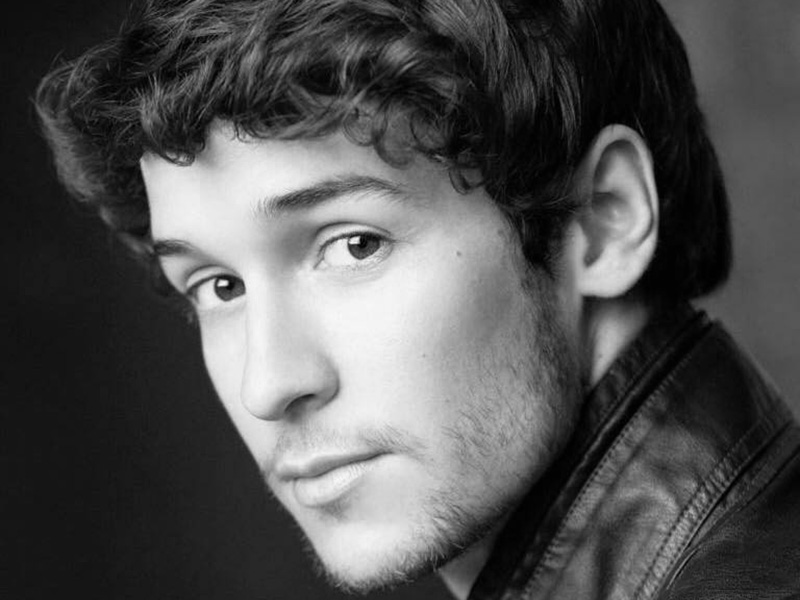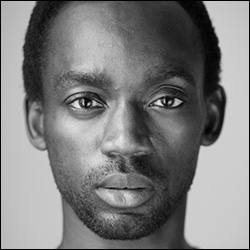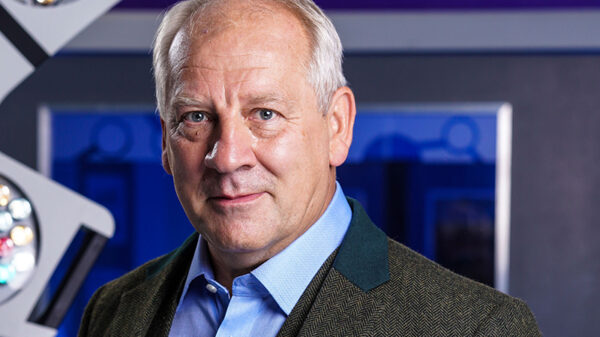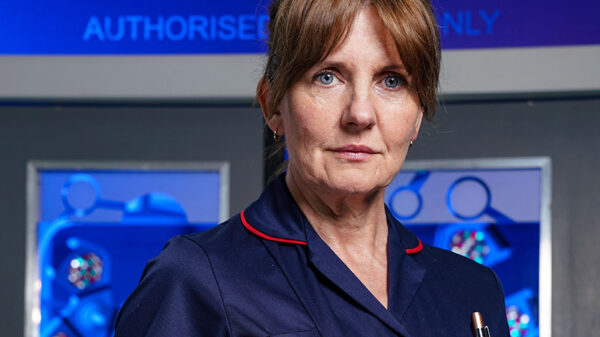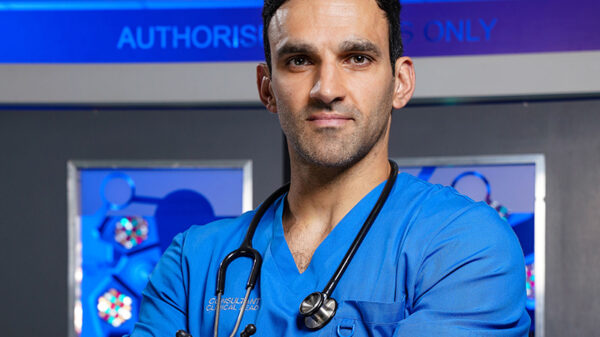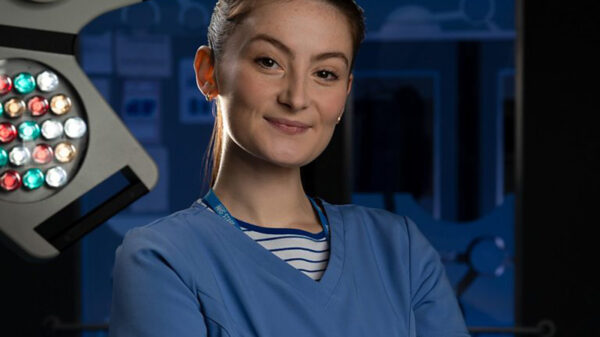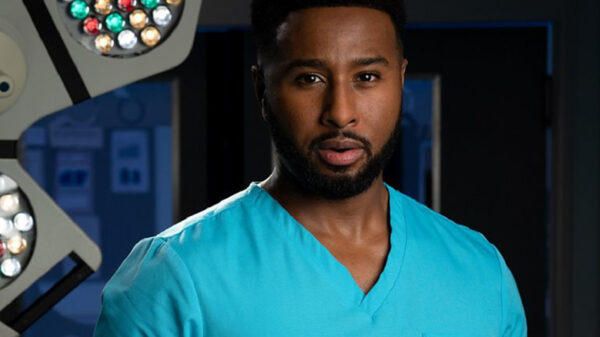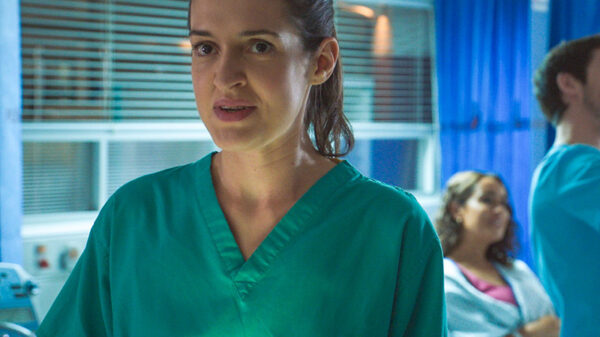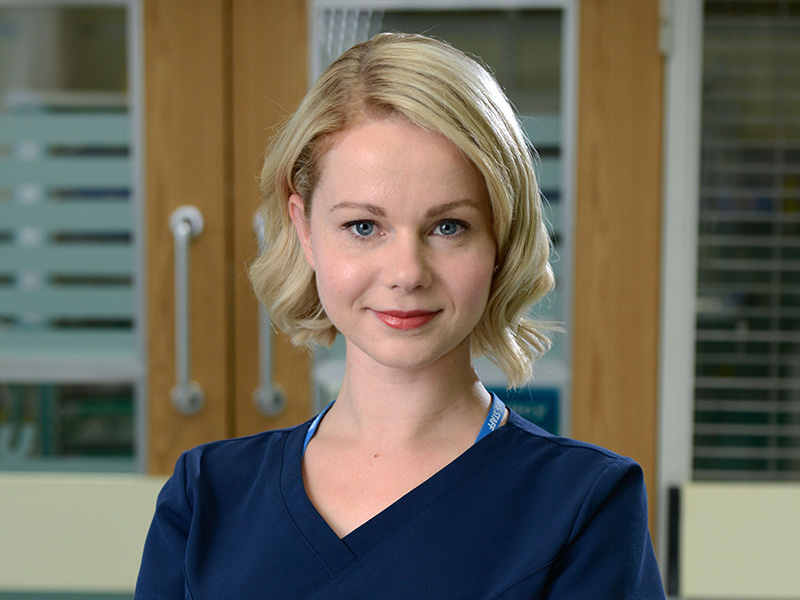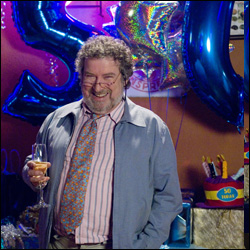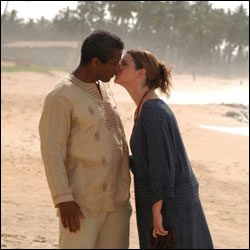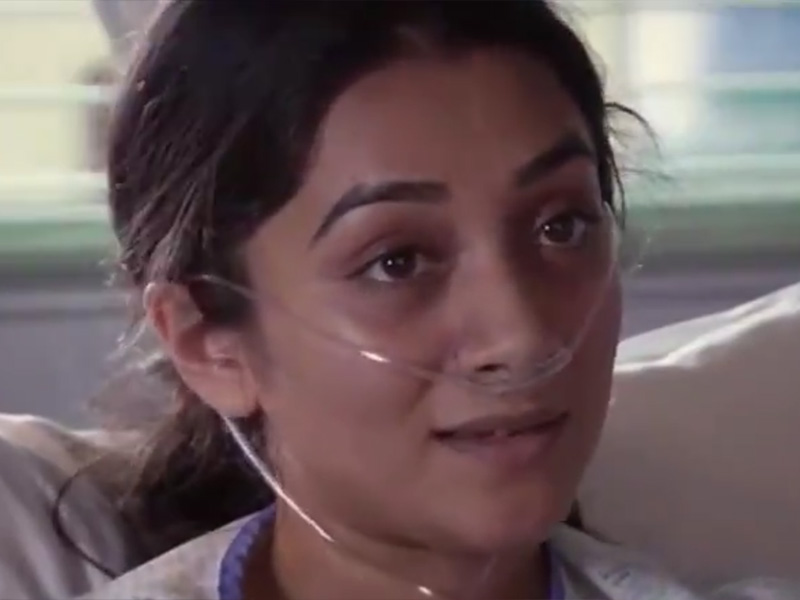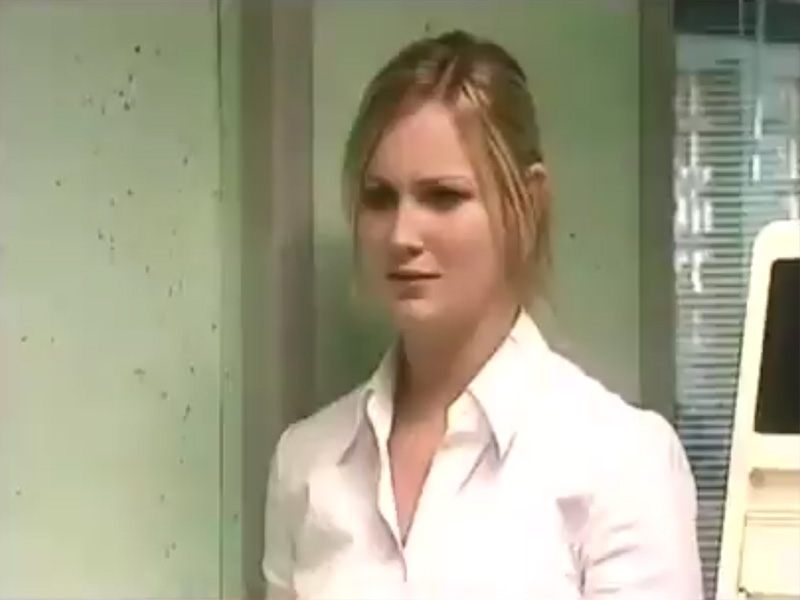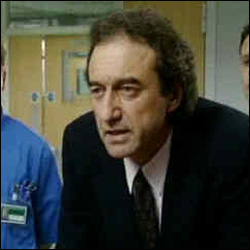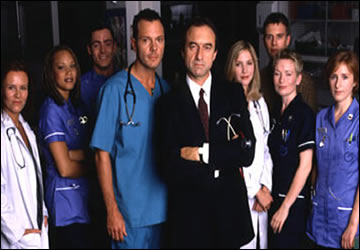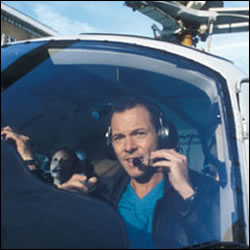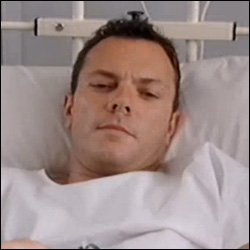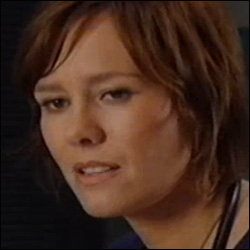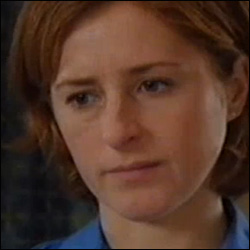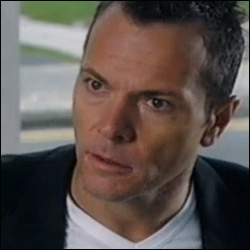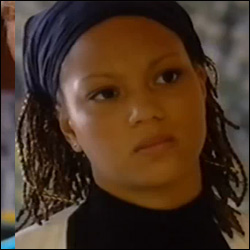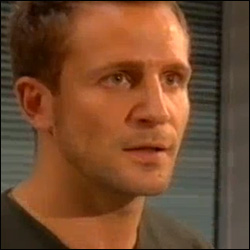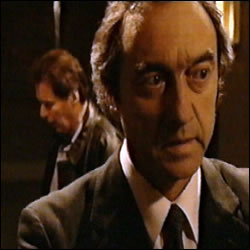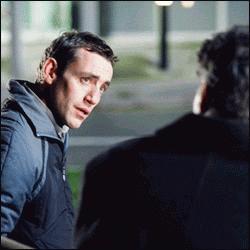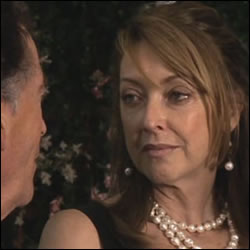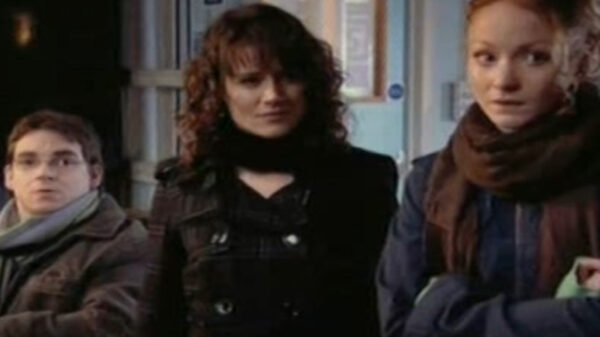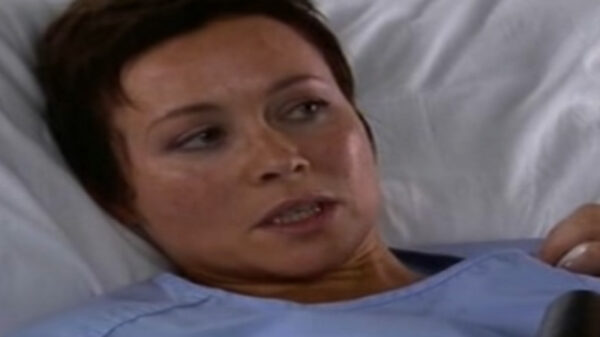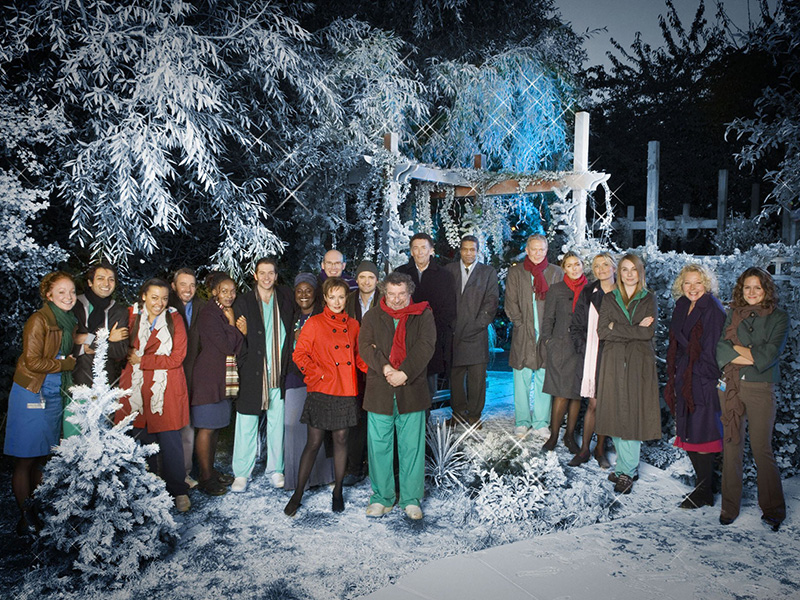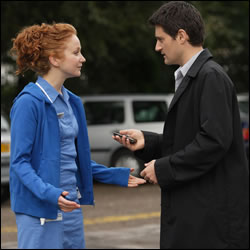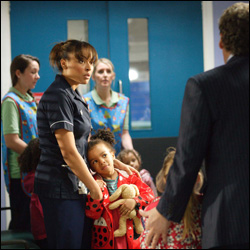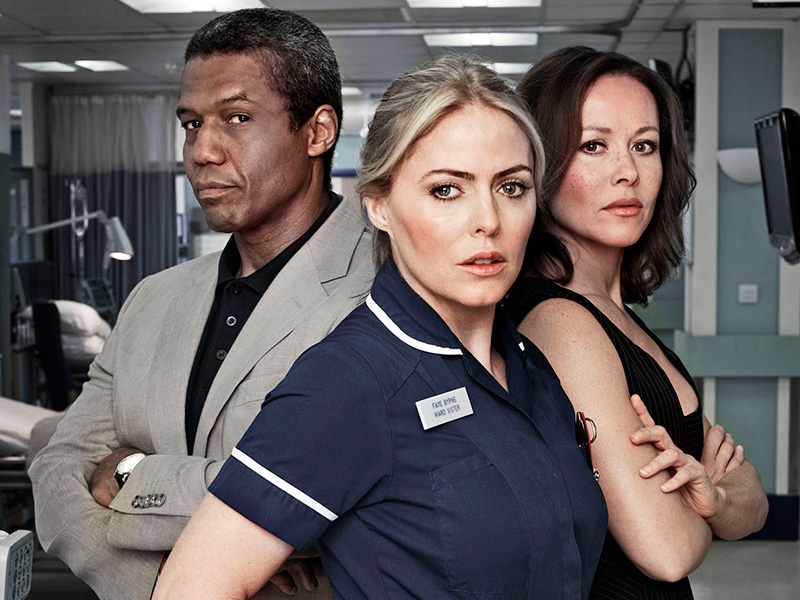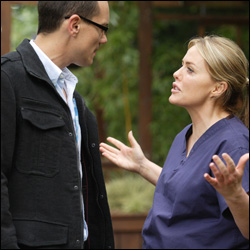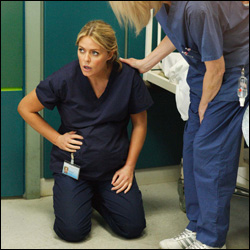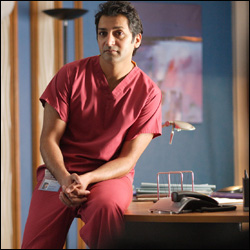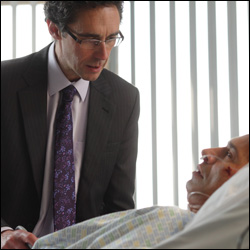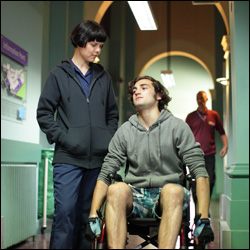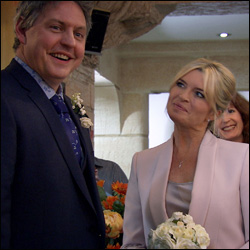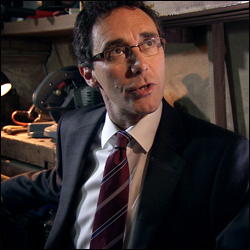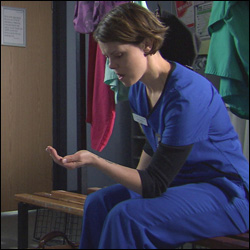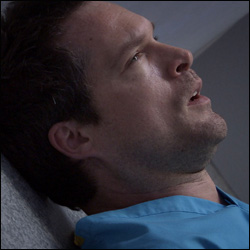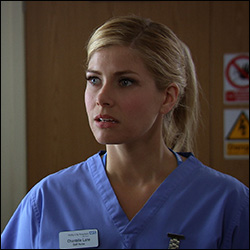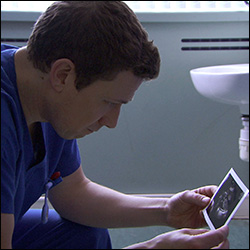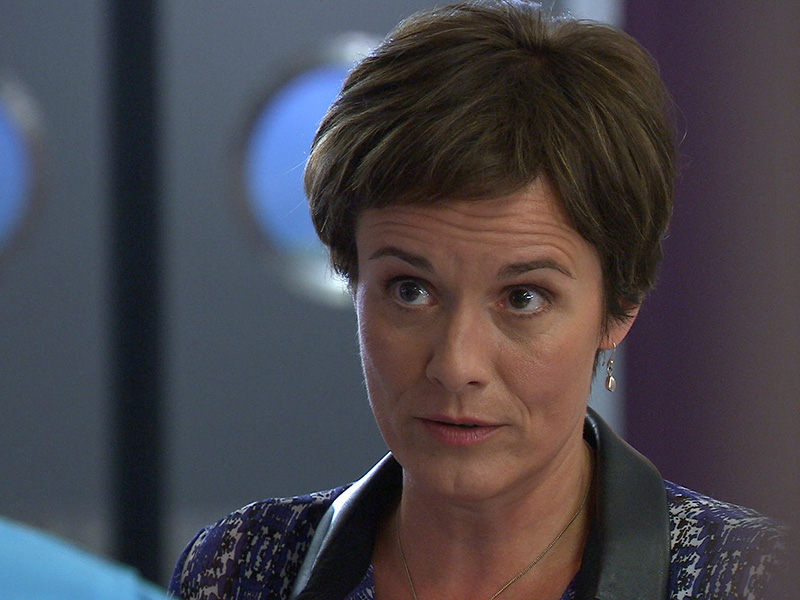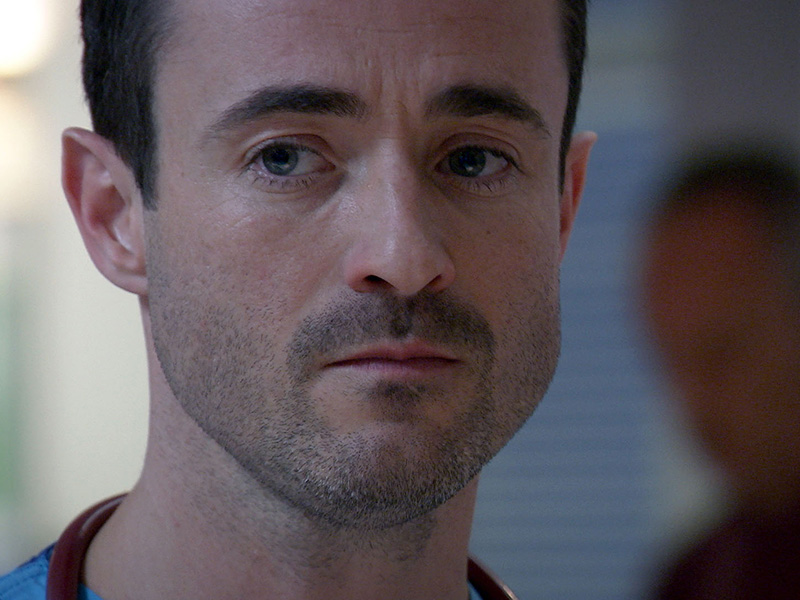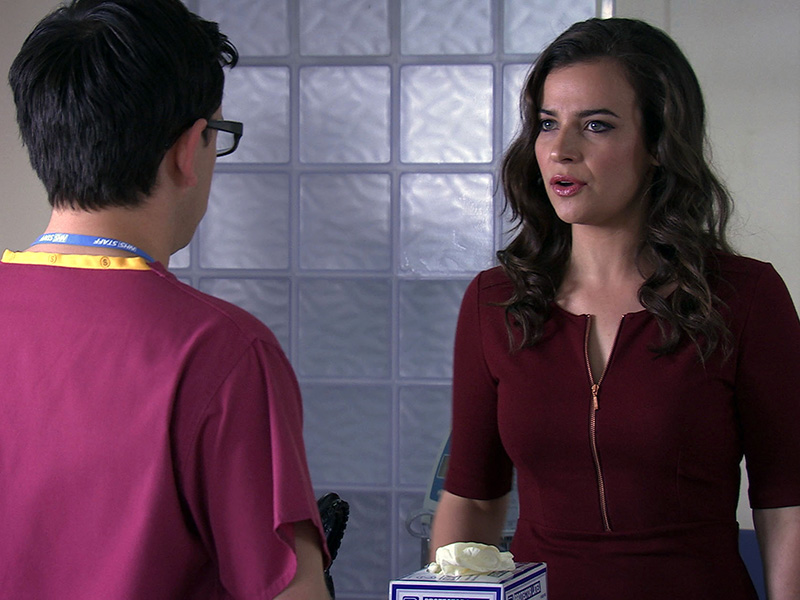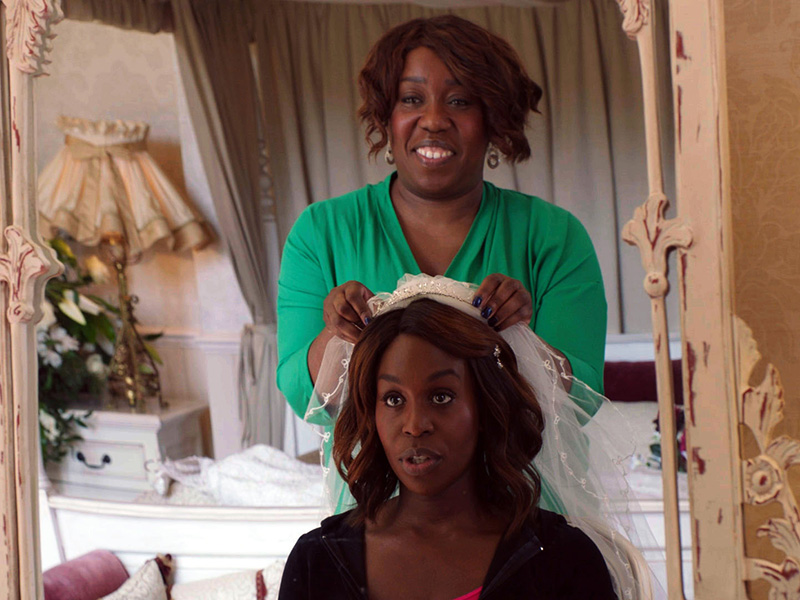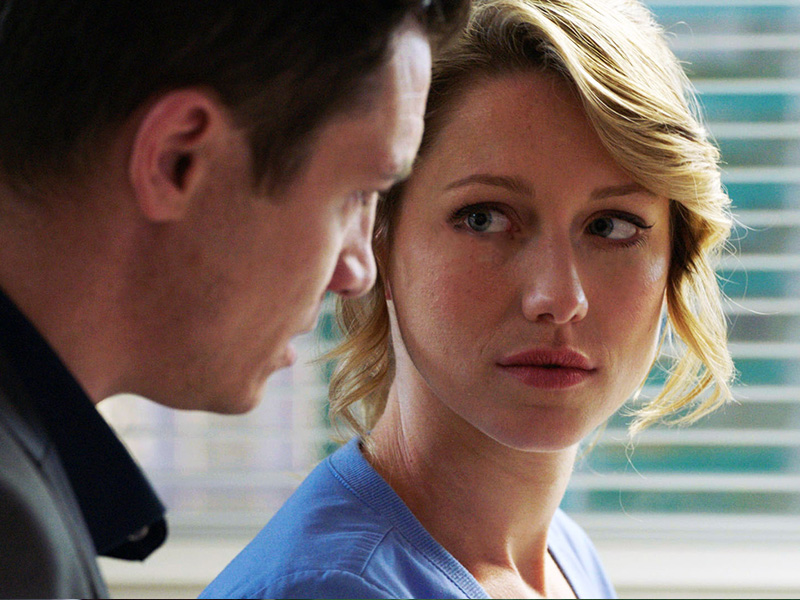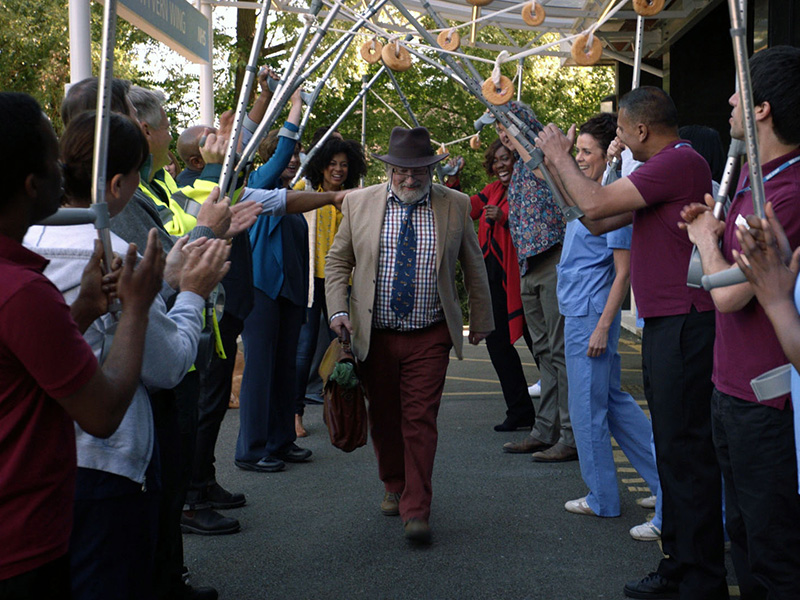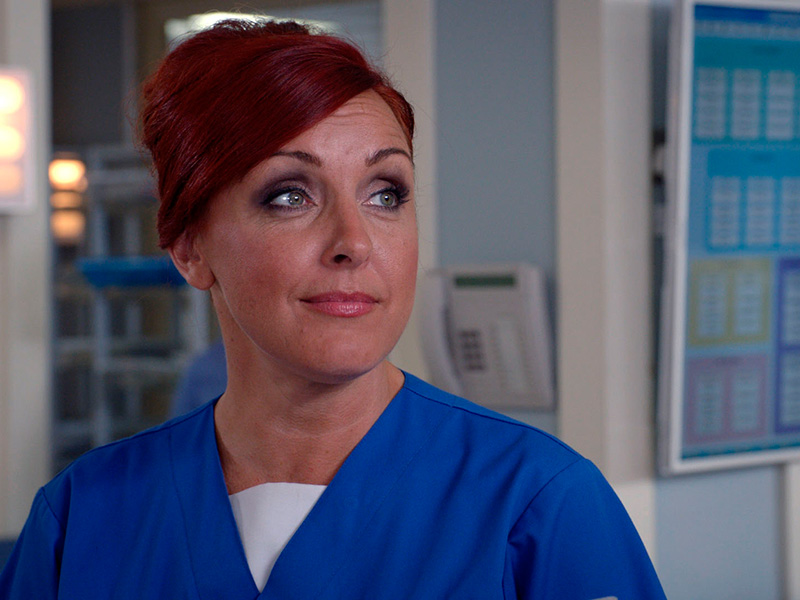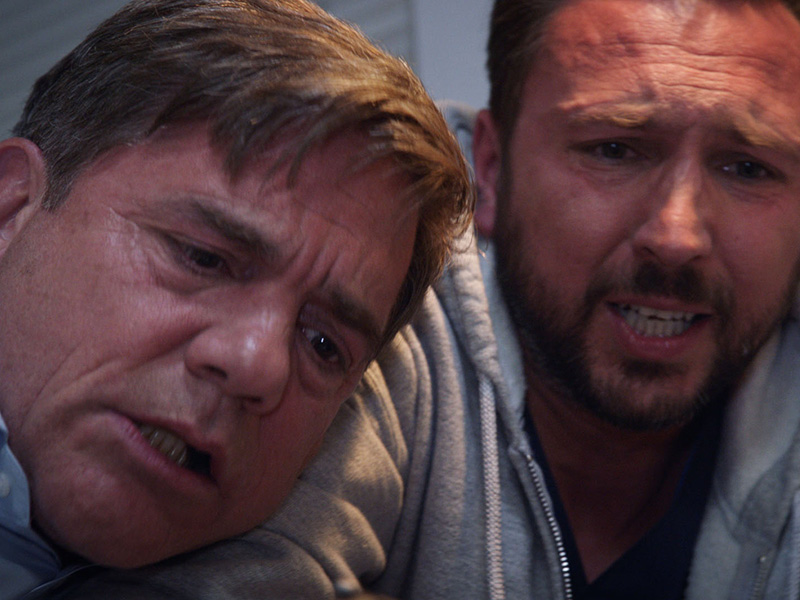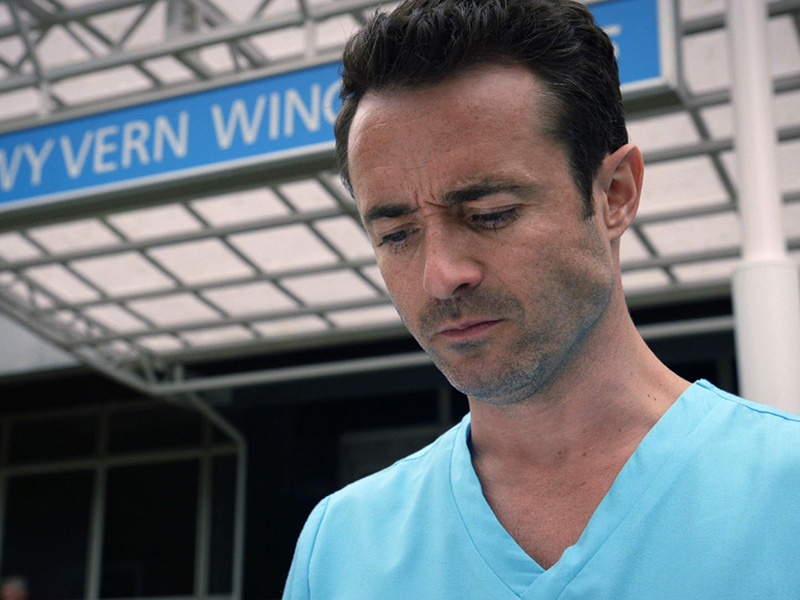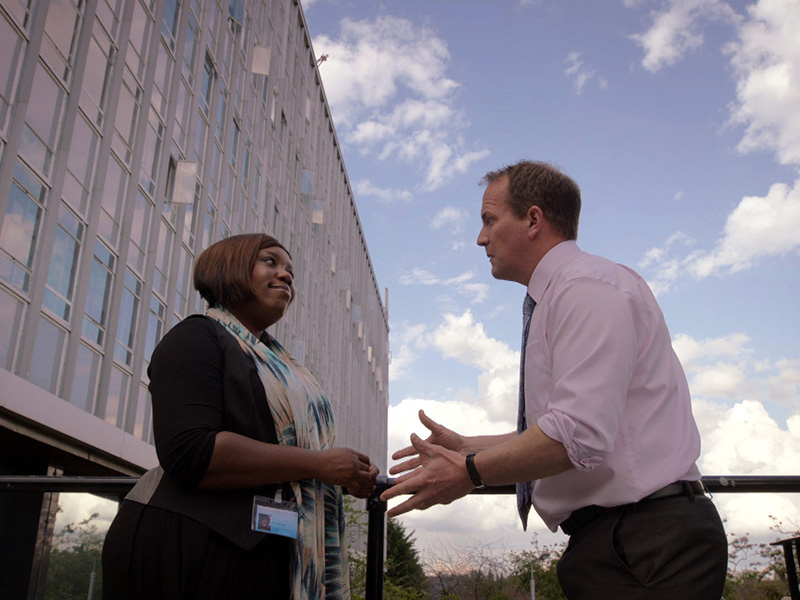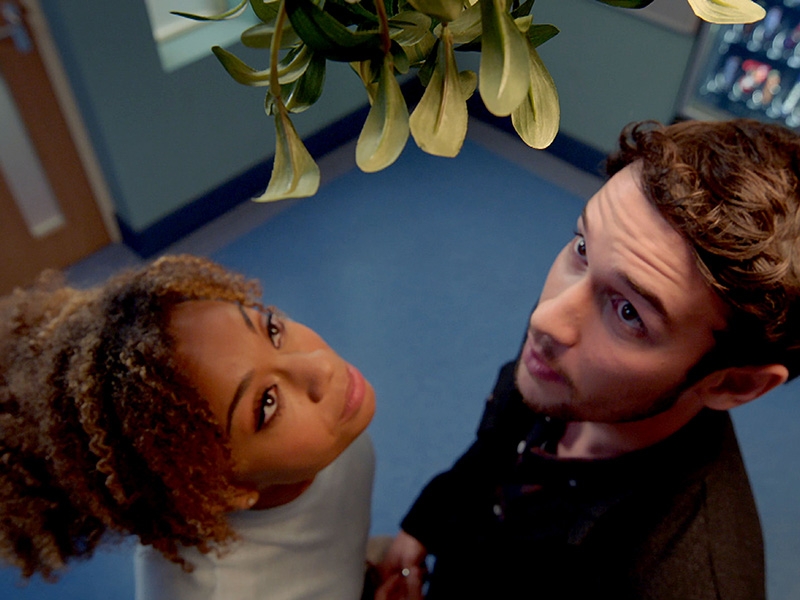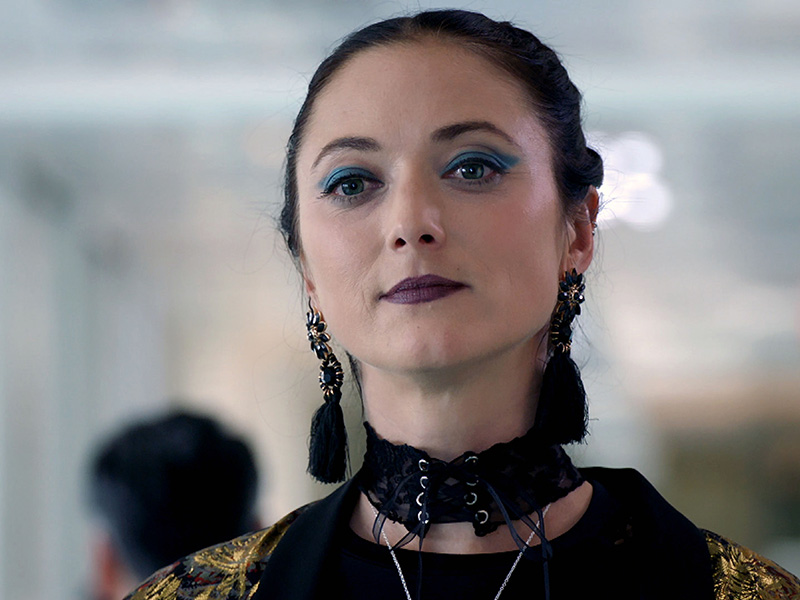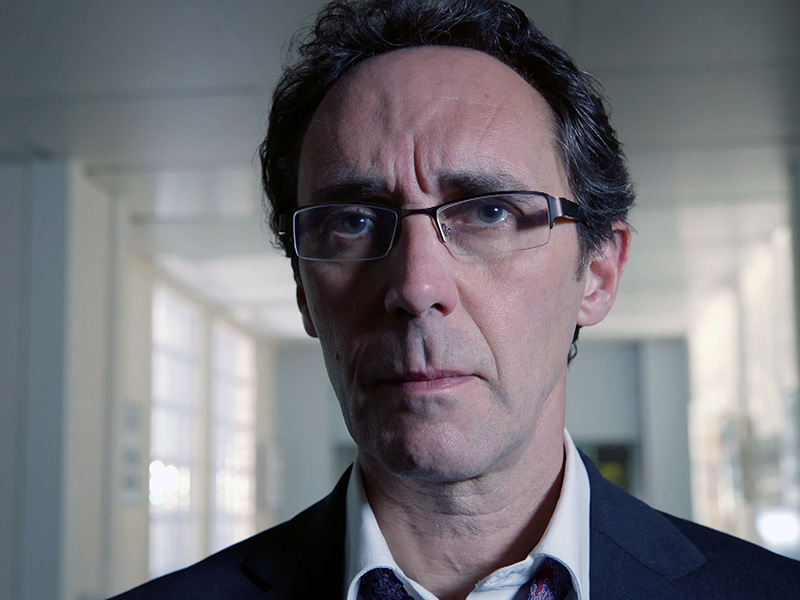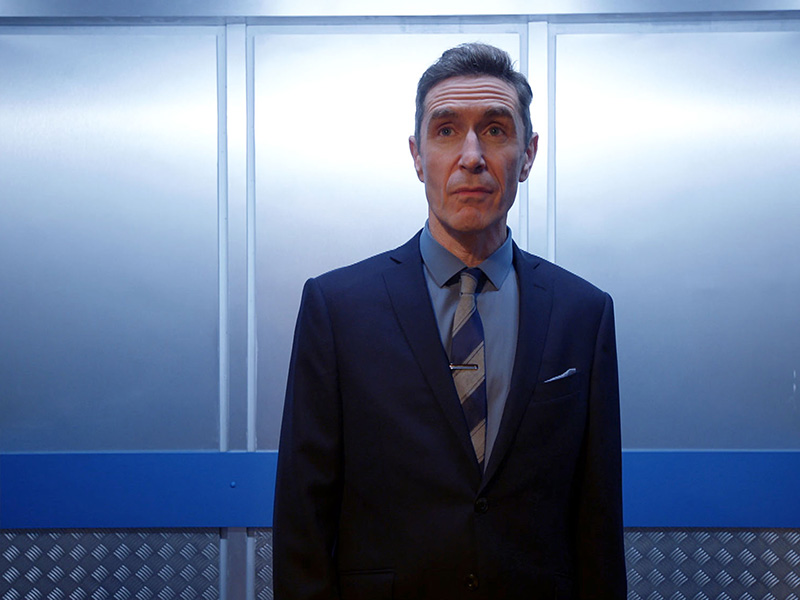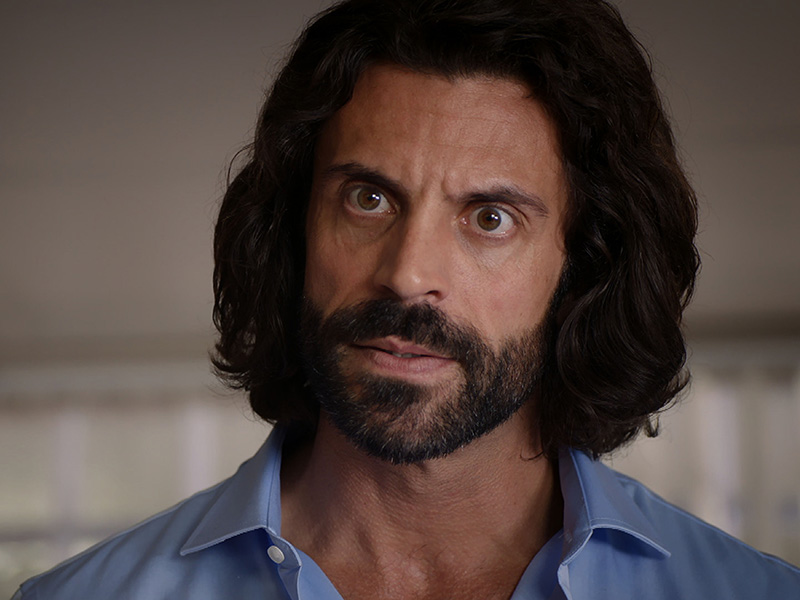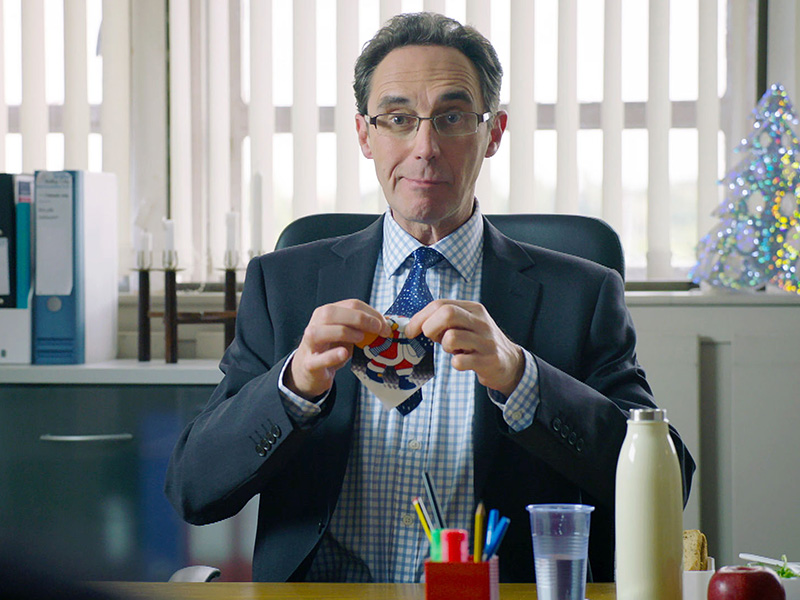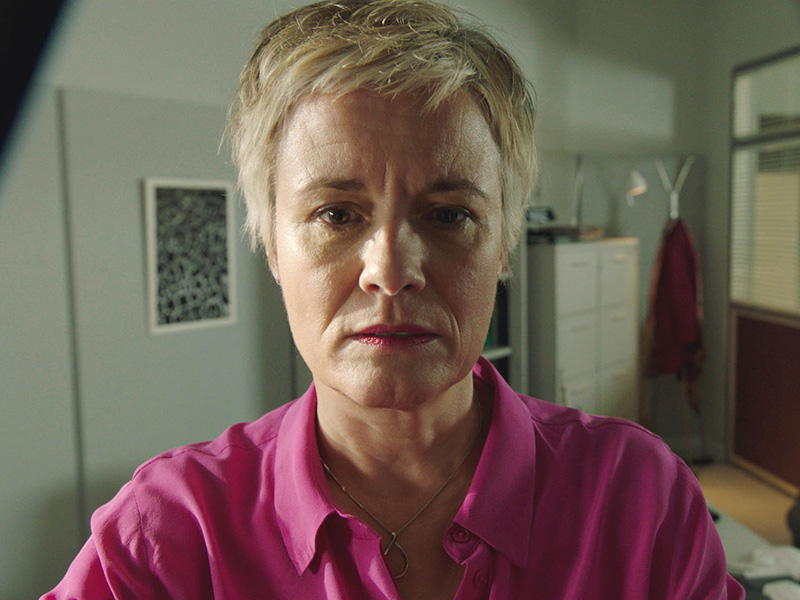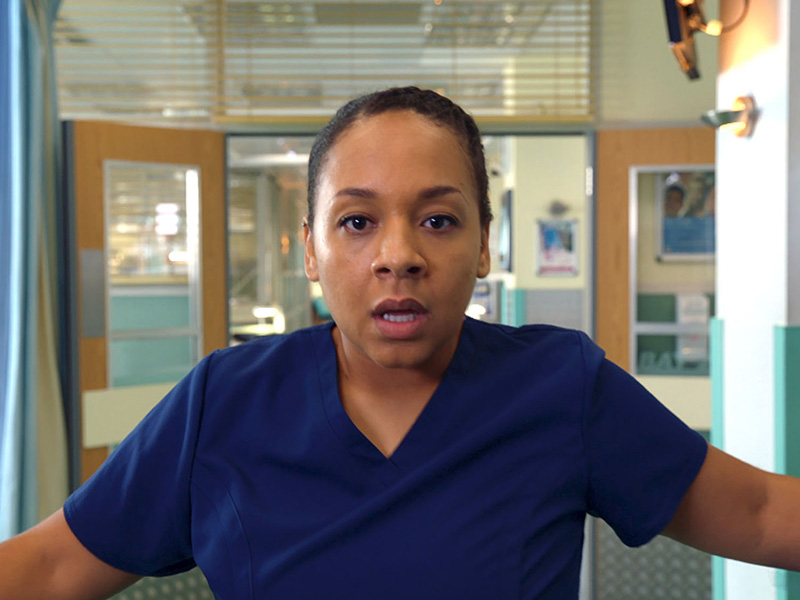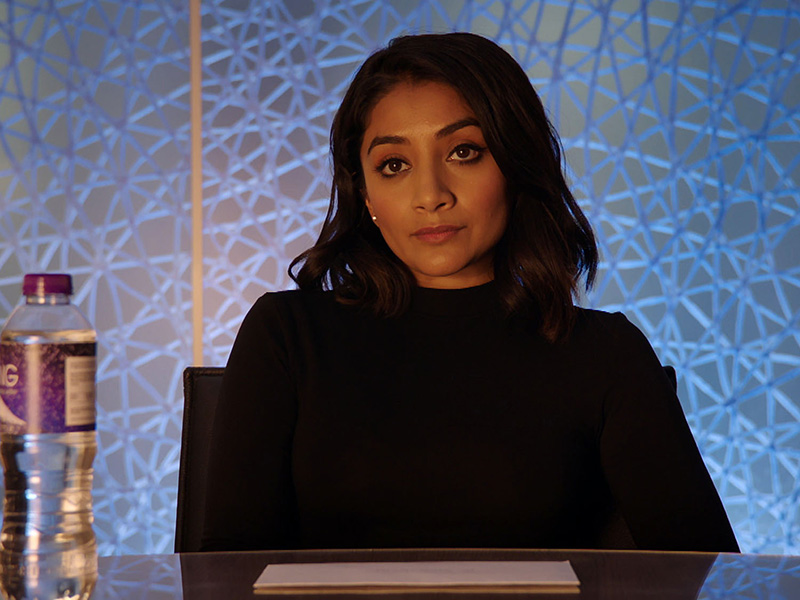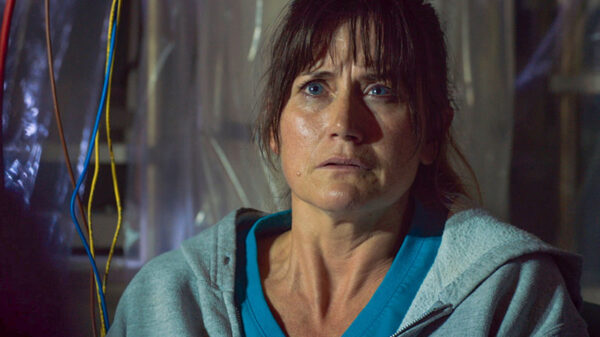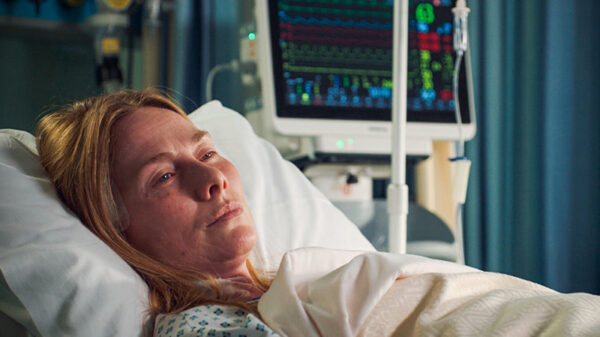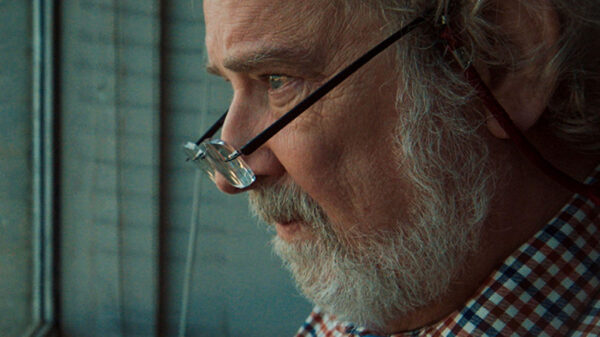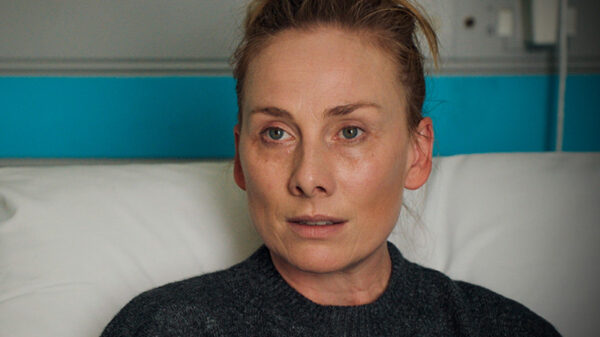 Andrew Cartmel is a novelist, playwright and screenwriter. His work for BBC television includes a legendary three year stint as the script editor on Doctor Who followed in 1990 by a year on Casualty as the script editor of Series 5. Since then, he has written scripts for Midsomer Murders, Dark Knight and Torchwood, and written a number of novels, including his latest noir thriller Written In Dead Wax, the first in a series concerning the Vinyl Detective — a record collector turned sleuth.
Andrew Cartmel is a novelist, playwright and screenwriter. His work for BBC television includes a legendary three year stint as the script editor on Doctor Who followed in 1990 by a year on Casualty as the script editor of Series 5. Since then, he has written scripts for Midsomer Murders, Dark Knight and Torchwood, and written a number of novels, including his latest noir thriller Written In Dead Wax, the first in a series concerning the Vinyl Detective — a record collector turned sleuth.
You can find out more about Andrew here: Amazon
Andrew has very kindly shared his frank and fascinating recollections of his time on Casualty with holby.tv’s Mark Cunliffe (Mark C)
Q: How did you come to get the script editing job on Series 5 of Casualty and were you excited by the opportunity to work on the primetime drama series?
A: I’d been working on my third season as script editor of Doctor Who and when that came to an end it gradually became evident that the show was going to be “rested” — we had no idea for how long. At the same time I’d been approached with two job offers. One was for Casualty, one for BBC Scotland. I talked to John Nathan Turner, the producer of Doctor Who and he suggested I take one of the jobs, because Who wasn’t coming back any time soon. I opted for Casualty, largely because I wouldn’t have to relocate from London, where I was living with my girlfriend.
Q: Casualty had been going for four years by this point. Were you a fan of Casualty before joining the production team?
A: Not a fan, but I was aware of the show and — crucially, the format which had grown up, where you see some ordinary people at the beginning and know they’re in for some kind of traumatic hellish experience. And I wanted to play with that format, and the viewers’ expectations.
Q: You got to work with some real talent in your time on Casualty, specifically writers you had previously worked on Doctor Who with such as Ben Aaronovitch, Stephen Wyatt, Rona Munro and Ian Briggs, as well as Robin Mukherjee, who you had attempted to secure for Doctor Who. All of these turned in very strong and memorable scripts. Was it a conscious effort on your part to get these former colleagues to write for the show, and what do you remember about working with them on this very different kind of programme?
A: It was definitely a conscious effort and my main memory is what a miserable time most of them had (Stephen was an exception) because the producer often didn’t like the scripts they were turning in — I have to say I have a very low opinion of that producer and his ability to judge a script. And I felt I wasn’t able to protect my writers from this guy. I just didn’t have the same power and autonomy I had on Doctor Who.
Q: I recall reading an interview with Ben Aaronovitch some years ago where he said he wanted his Casualty episode to show accidents that were no one’s fault, as he felt that the structure of the show was that there was always someone to blame for what fate befall the characters. Given that you said earlier you wanted to play with the show’s format, am I right in thinking you and Ben were therefore of the same mind and that you wanted to move away from the ‘guess the accident’ standard?
A: Like me, Ben Aaronovitch completely understood that Casualty had a rigid, cliched format that the viewers had long since twigged to, and that this was ripe for us to play with. But I don’t think much of that ever ended up in Ben’s script. He had a particularly hard time since the producer was utterly incapable of seeing the quality of Ben’s writing… and I am of the dispassionate opinion that Ben Aaronovitch is the finest screenwriter in Britain. But as it turned out, the writer who ended up most embracing the notion of subverting the Casualty format was Sam Snape. His original draft was full of teases where we expected that the characters — young lovers as I recall — were going to be horribly injured, for example by some farm machinery, before something entirely unexpected happened instead. I can’t remember how much of this made it to the screen. I wouldn’t be surprised if it was entirely vetoed by the producer, who in my view had a deeply conventional mindset.
Q: You famously said during your interview for the Doctor Who script editing job that your aim with the show would be to overthrow the then Thatcher government. Given that Casualty was set in the very real world of an NHS in crisis and had been often criticised by the Tory government of the day, did you ever feel you stood more of a chance in securing this aim with Casualty?
A: I somewhat regretted that statement, only in so far as what I meant was I wanted to “bring down” (i.e. by legitimate democratic means) the government rather than “overthrow” (which implies violent and undemocratic insurrection). So I misspoke, but the sentiment is absolutely accurate. Oddly enough, although Casualty was set in the real world, I felt it was a less suitable vehicle for polemics than Doctor Who. Probably because it’s a much more limited canvas.
 Q: Series 5 was the first series of Casualty to move away from the Saturday night schedules into Friday evenings at around 9:30pm. This series tackled many strong issues including alcoholism and depression, drug addiction, prostitution, religious sects, bullying, rape, anorexia, schizophrenia and the pressures of single parenting. Did you feel the schedule change enabled a more mature level of storytelling? Were you, as script editor, charged with pushing the envelope a little further with the topics this series explored and did you perhaps enjoy this opportunity to be more hard hitting?
Q: Series 5 was the first series of Casualty to move away from the Saturday night schedules into Friday evenings at around 9:30pm. This series tackled many strong issues including alcoholism and depression, drug addiction, prostitution, religious sects, bullying, rape, anorexia, schizophrenia and the pressures of single parenting. Did you feel the schedule change enabled a more mature level of storytelling? Were you, as script editor, charged with pushing the envelope a little further with the topics this series explored and did you perhaps enjoy this opportunity to be more hard hitting?
A: We tried to be hard-hitting and I’m sure the producer felt he was striving for that, too. But in many ways I felt he was bizarrely timid. For instance I seem to recall he would stop us using expressions like “My god” in the dialogue… and other similar things, presumably because it would give offence to deeply religious nut cases.
Q: Overall, did you feel these strong issues were adequately and sensitively explored and where there any issues and storylines that you couldn’t get greenlit because they perhaps overstepped a mark regardless of the show’s less family-orientated Saturday night scheduling?
A: Nothing to do with the family-slot scheduling, but if memory serves the producer would often blanche at the notion of controversial material and veto it. I remember I was told that male rape was a non starter because he wouldn’t hear of it.
Q: By this stage the show was very established and had several established characters such as Charlie, Duffy, Megan and Jimmy the porter, but Series 5 introduced several new characters that are now fondly recalled as Casualty legends too, such as doctors Julian Chapman (Nigel Le Vaillant) Beth Ramanee (Mamta Kaash) paramedic Jane Scott (Caroline Webster) and the nurse Martin ‘Ash’ Ashford (Patrick Robinson) who became a long-running regular and has recently enjoyed another stint in the series. Were these characters fully formed and set to go by the time you came on board, what involvement did you personally have in shaping them and were you pleased with how they came to life?
A: My contribution in that sphere was limited. I did, however, come up with the name of “Ash” for one of the regular characters. I took it from the robot in Alien, played by Ian Holm!
Q: One of the biggest story arcs of the series was Charlie’s heavy drinking following the death of a friend, culminating in him getting shot in the final episode, which saw Brenda Fricker’s Megan Roach depart. As the titles rolled it wasn’t altogether clear whether Charlie would survive his wounds, was there ever a time when the production considered killing him off? Did you have any say in this story arc and did it play out as you would have liked? And did you know the Oscar-winning Fricker was leaving by the end of the series?
A: By the end of the series I was leaving, too, having had a falling out with the producer, so I was increasingly out of the loop. But I’ll make two observations. After the Oscars it was clear that the days of Brenda Fricker were numbered on the show… she had outgrown it and she deserved better things. And secondly, if you lost her character, you really needed to keep Charlie. Because he was the mainstay of the show.
Q: Would you say you were a hands-on script editor in terms of the filming process? What are your memories of shooting the series, on location in Bristol and of the cast and crew?
A: I worked almost exclusively out of London and virtually never went to Bristol. We had such a heavy and hectic production schedule that there wasn’t time to attend the filming.
Q: Overall, was your experience making Casualty a happy one?
A: Absolutely not. In my purely subjective and personal opinion I believe I was working with a producer with little or no understanding of scripts or scriptwriting. He certainly understood plot, but that is quite a different thing. If I handed him a beautifully written script with wonderful characterisation, mood, theme and dialogue, he just wouldn’t get it… Indeed at one point he famously told me “dialogue doesn’t matter.” He wouldn’t see any merit in a script if it didn’t have a thunderingly powerful plot (with clever twists and so on). Now, plot is certainly important, but it is far from being the whole thing, or even the most important thing in a script. For instance, this producer would love a script if it had big clever twists in the plot, even if the dialogue absolutely stank. He just didn’t understand that if the dialogue was terrible, the whole script would seem false, and would fail. The upshot of this was that I had great writers writing superb scripts and this guy just didn’t understand them. Think of it like this… He resembled a profoundly deaf man listening to an orchestra. He couldn’t hear the strings or the woodwinds or the piano or even the brass. All he could hear was the loudest, most brutal percussion sounds. Now, imagine such a man being put in charge of an orchestra… and he gets furious unless every piece of music contains endless thunderous percussion. He simply can’t hear anything else, and so he doesn’t think anything else is even happening. That’s what I felt that’s what this guy was like with scripts. All he could “hear” was the plot. Everything else was just silence to him.
Q: Is Casualty something you ever watch now and if so, what do you feel about the show now in comparison to what it was like when you worked on it?
A: To be honest, after the unpleasant experience I dealing with that producer I could never watch the show again. My girlfriend at the time, Kate Druce, was an ex-nurse and she had given me a story idea from her own experience, just a nice little incident, which we used in the show. (It was the bit where the ambulance crew rush in with what appears to be a body on a stretcher, but it turns out to be a load of food and booze… they’re celebrating having delivered their hundredth baby, or something of that nature.) And when the show containing this sequence was broadcast, she wanted to watch it… naturally enough. But by that time I’d already left the show on acrimonious terms and the last thing I wanted to do was see this episode — or any episode — of Casualty. Of course, I ended up watching it with her, but it was a deeply unpleasant experience. It just brought back too many painful memories for me.
Q: I’m sorry to hear that. But you must take heart from the fact that, despite the difficulties behind the scenes you have related, you managed to deliver a truly strong series of Casualty that continues to be fondly remembered and held up as being from the show’s golden age. Andrew Cartmel, thank you for your time and for giving holby.tv the opportunity to hear your fascinating recollections.
A: Thank you, Mark
Save
Save


